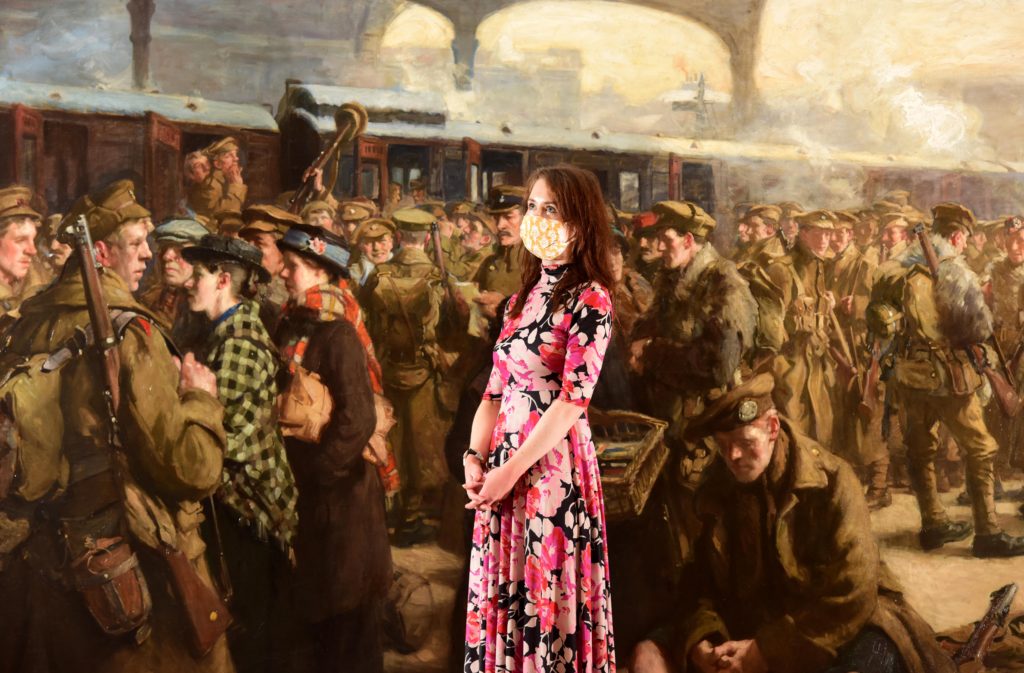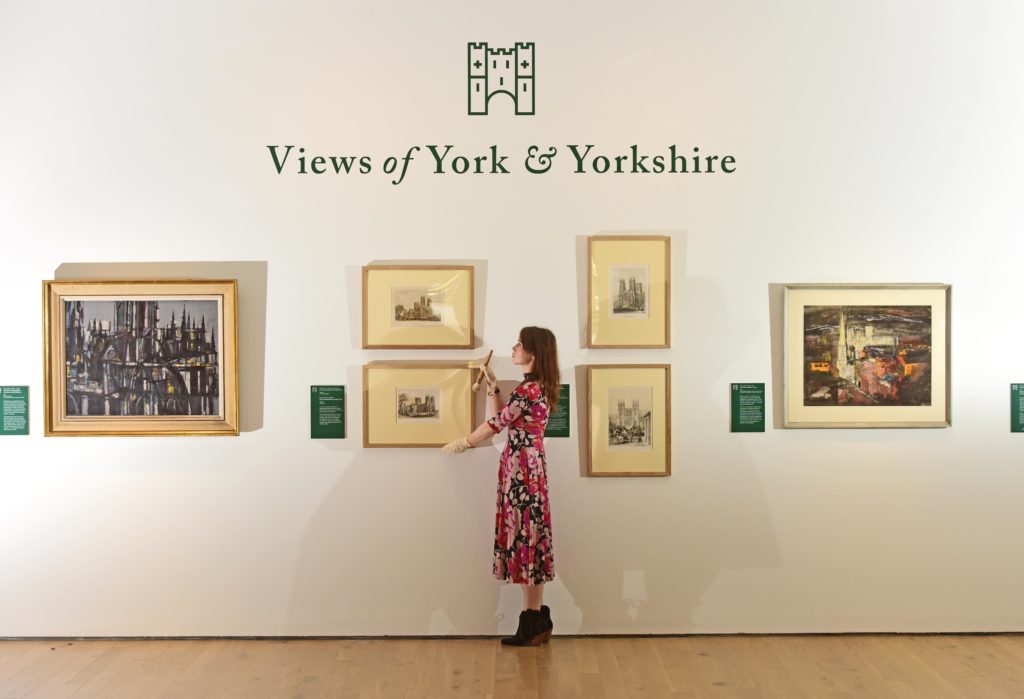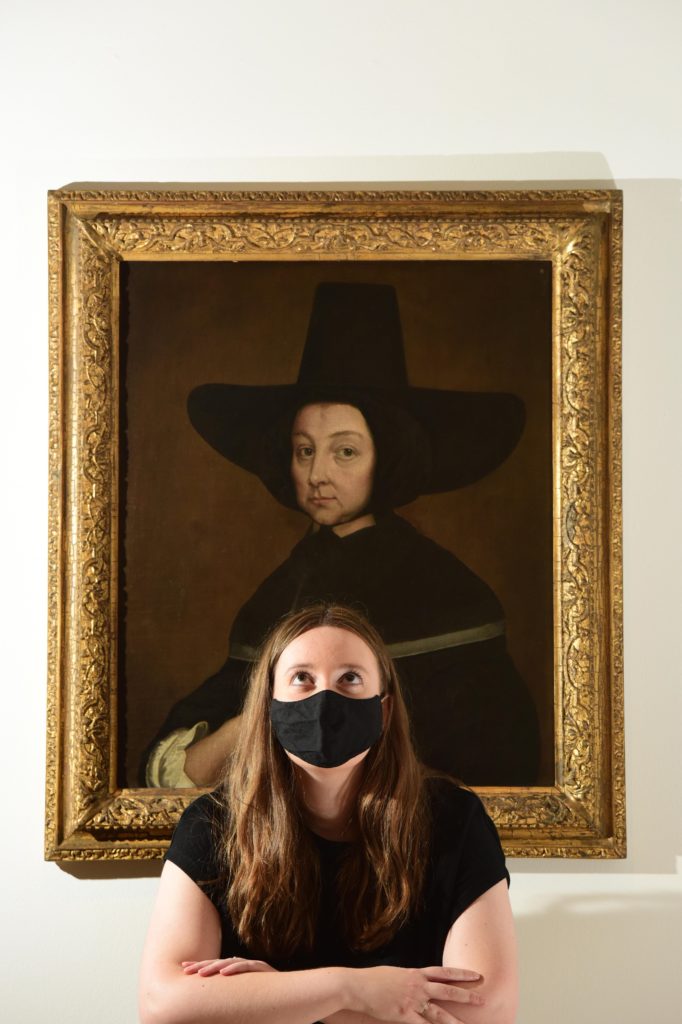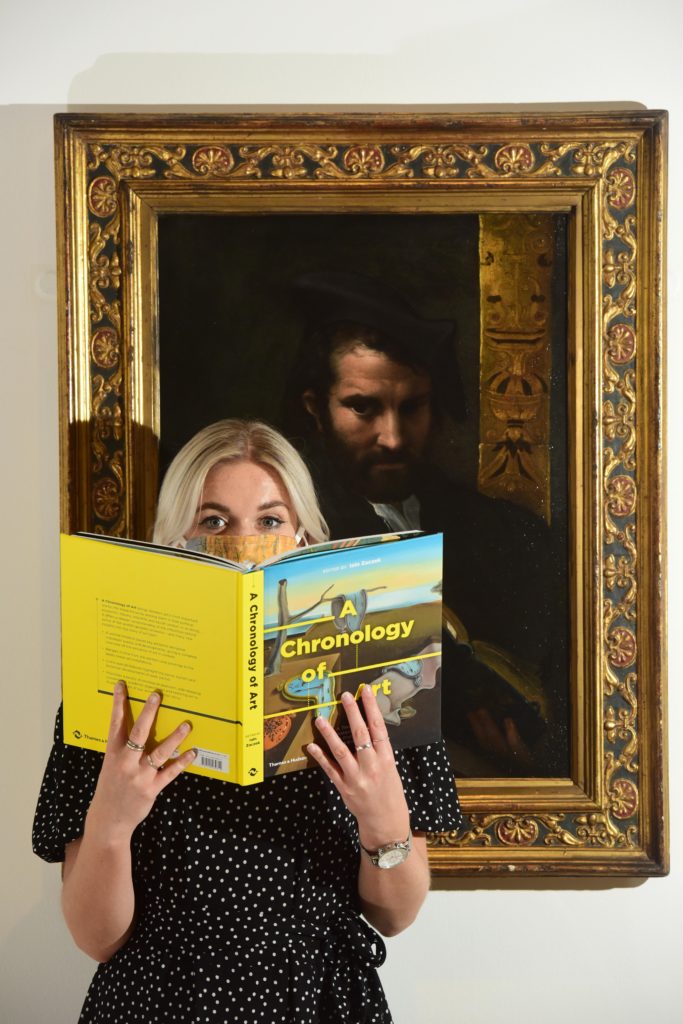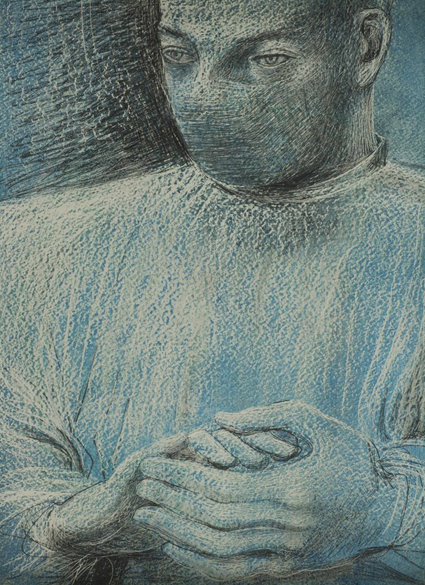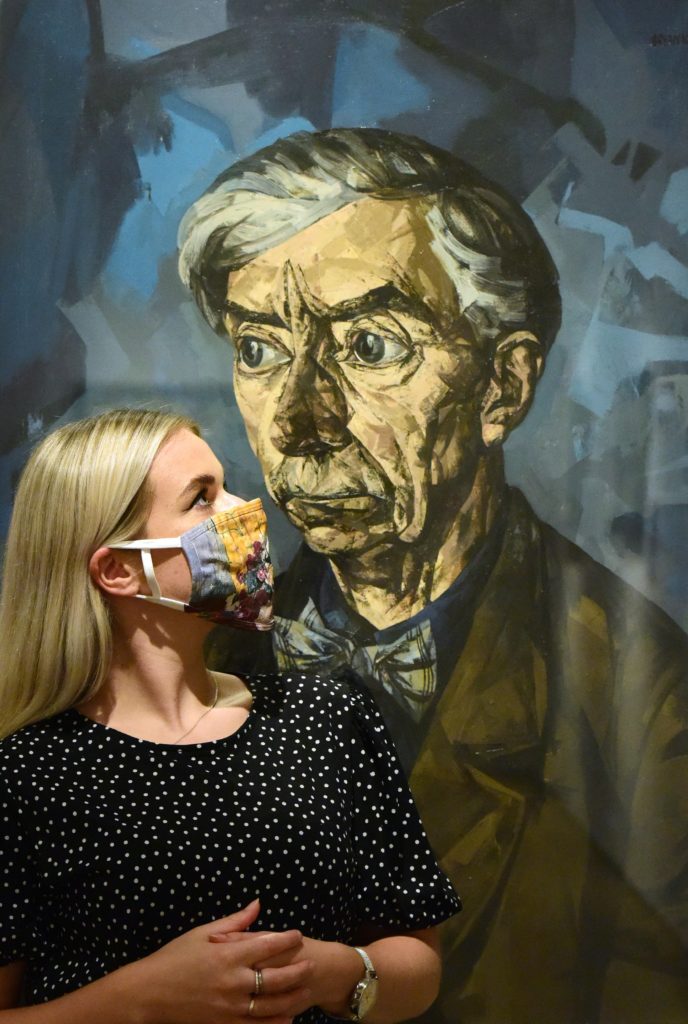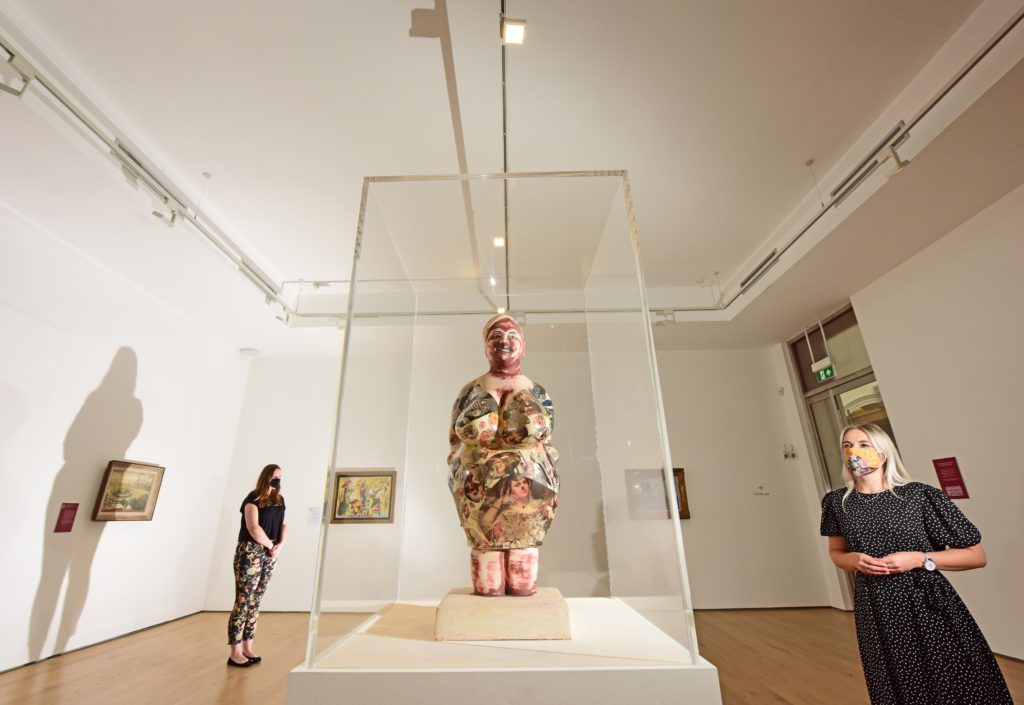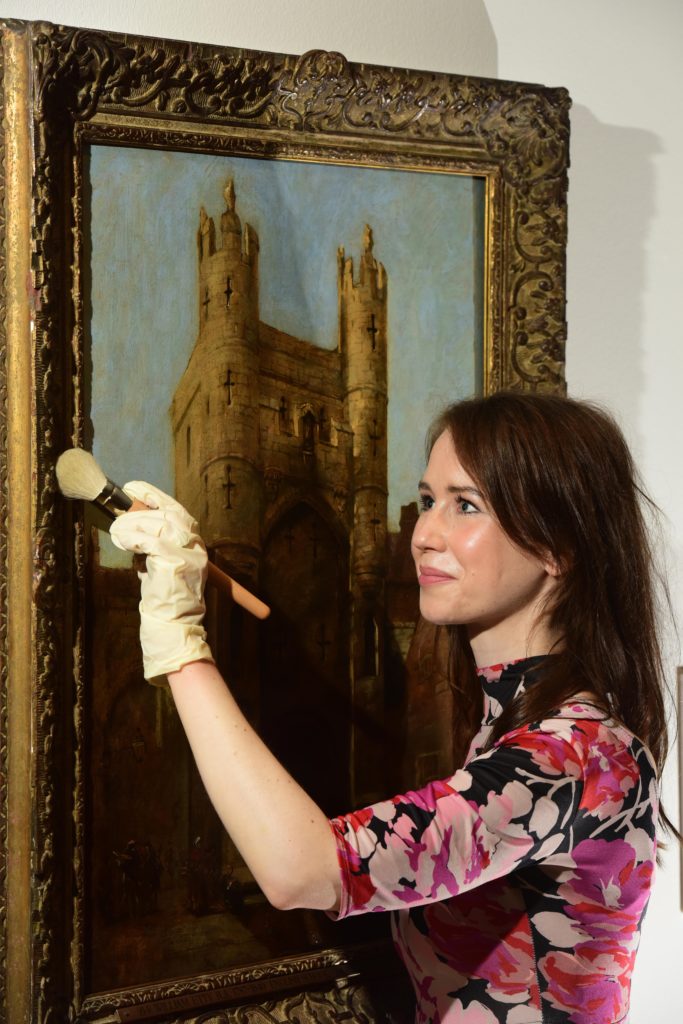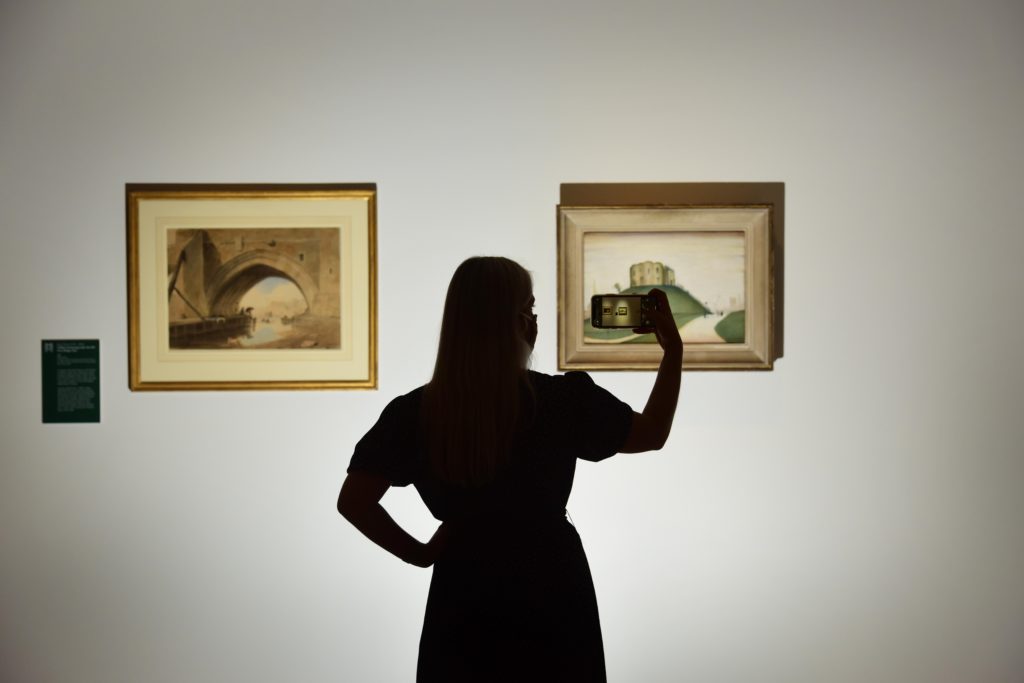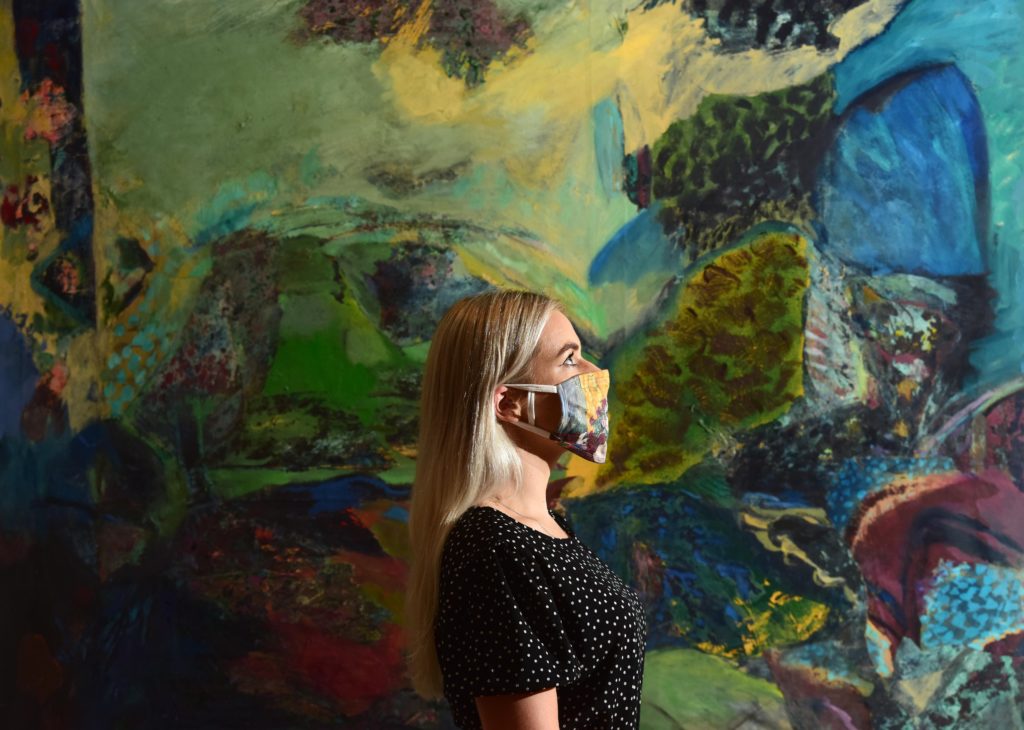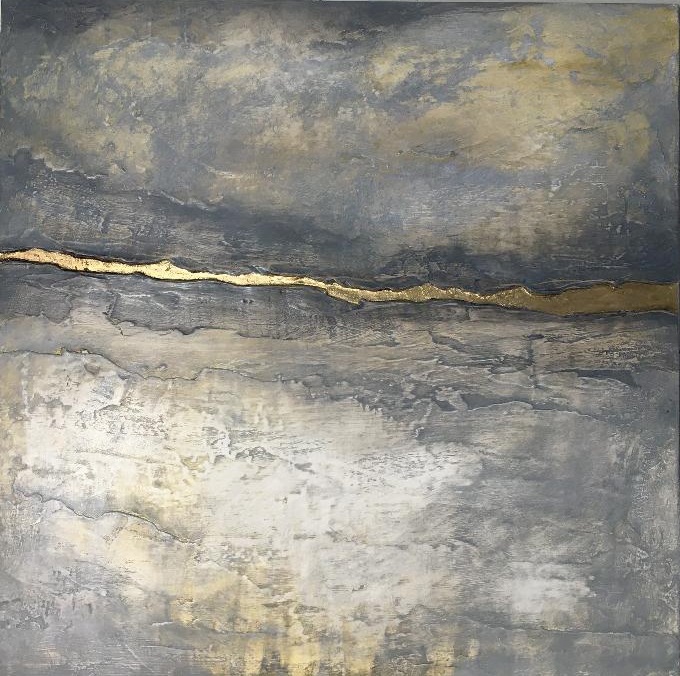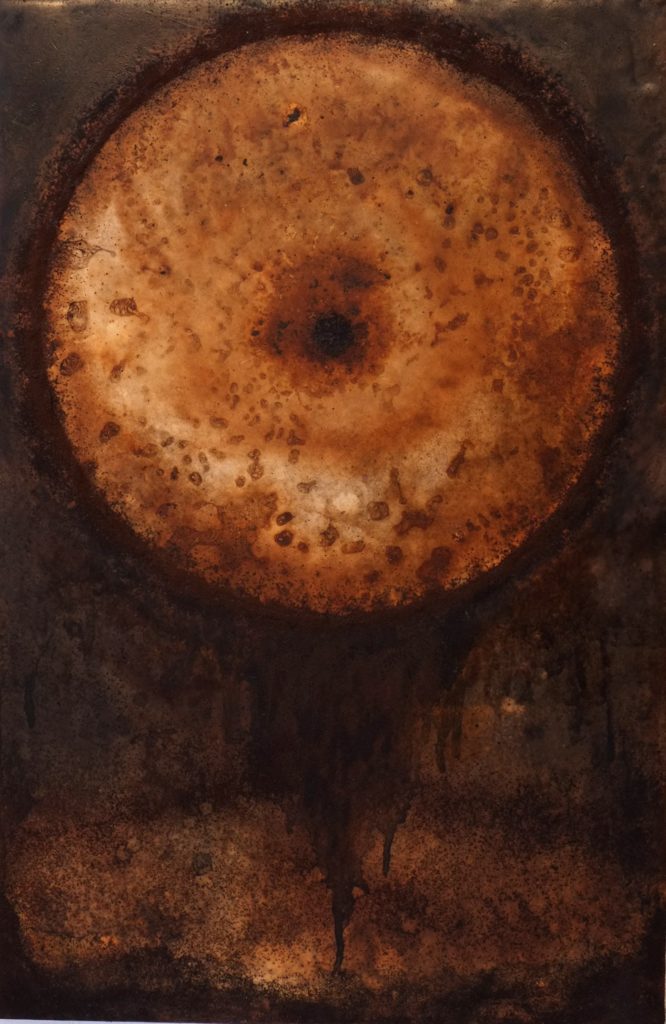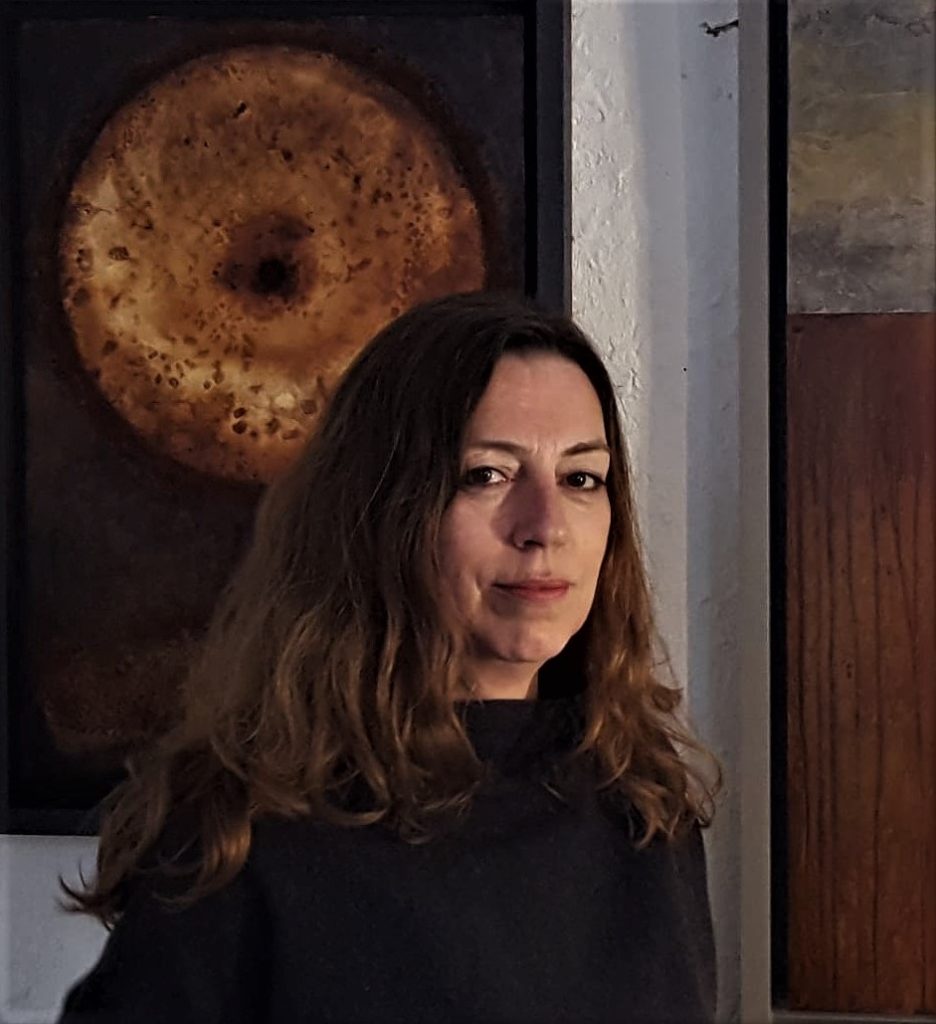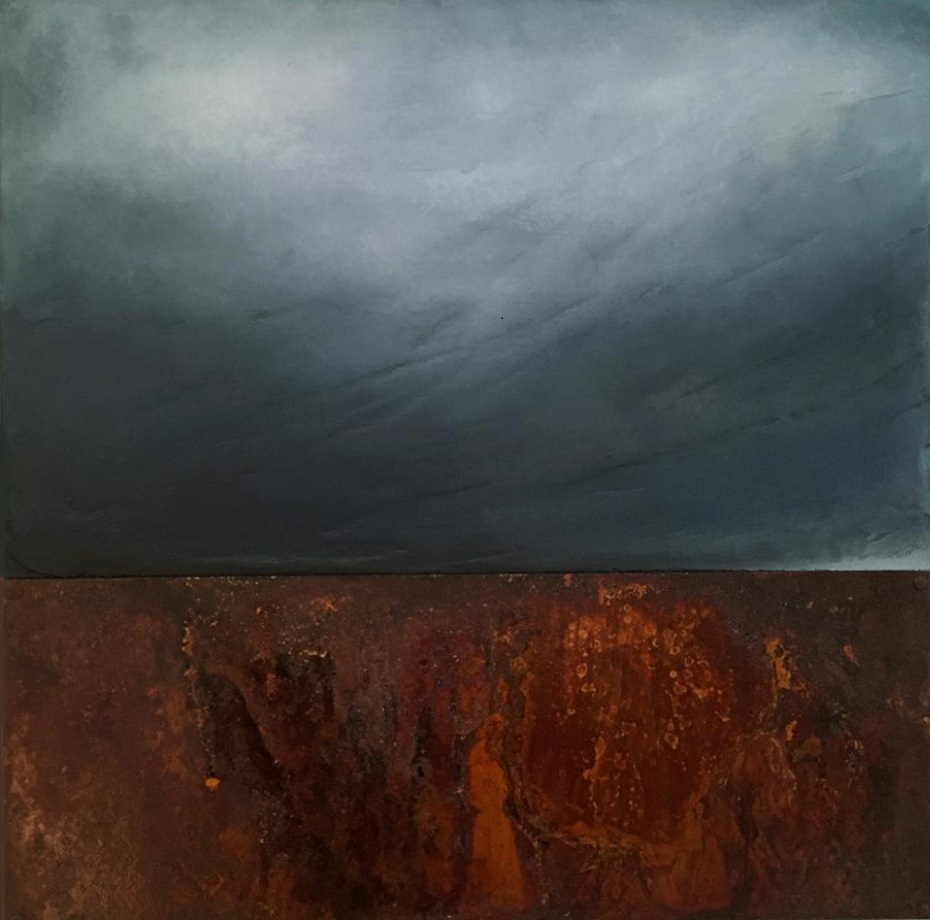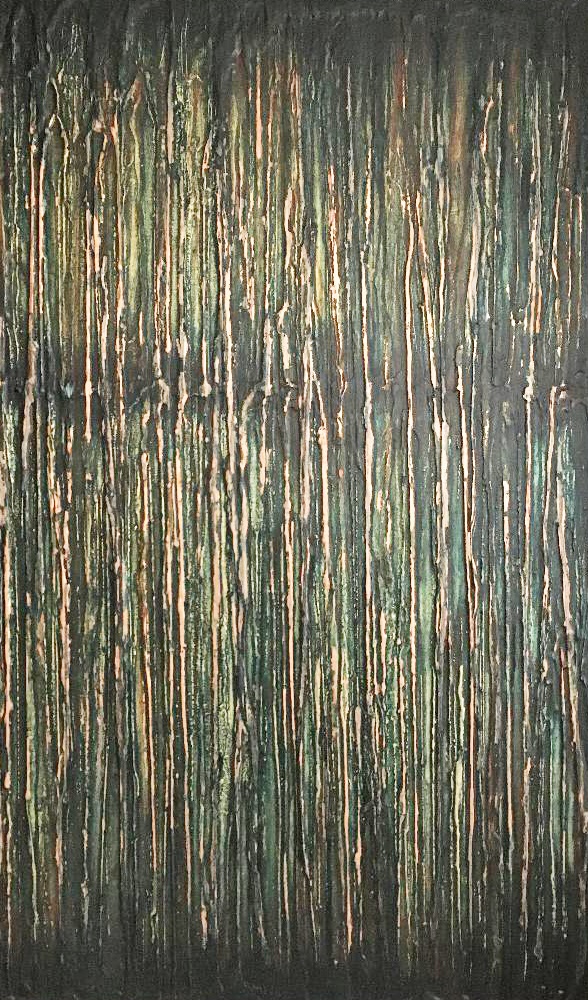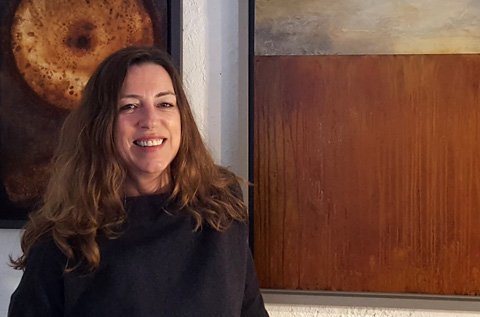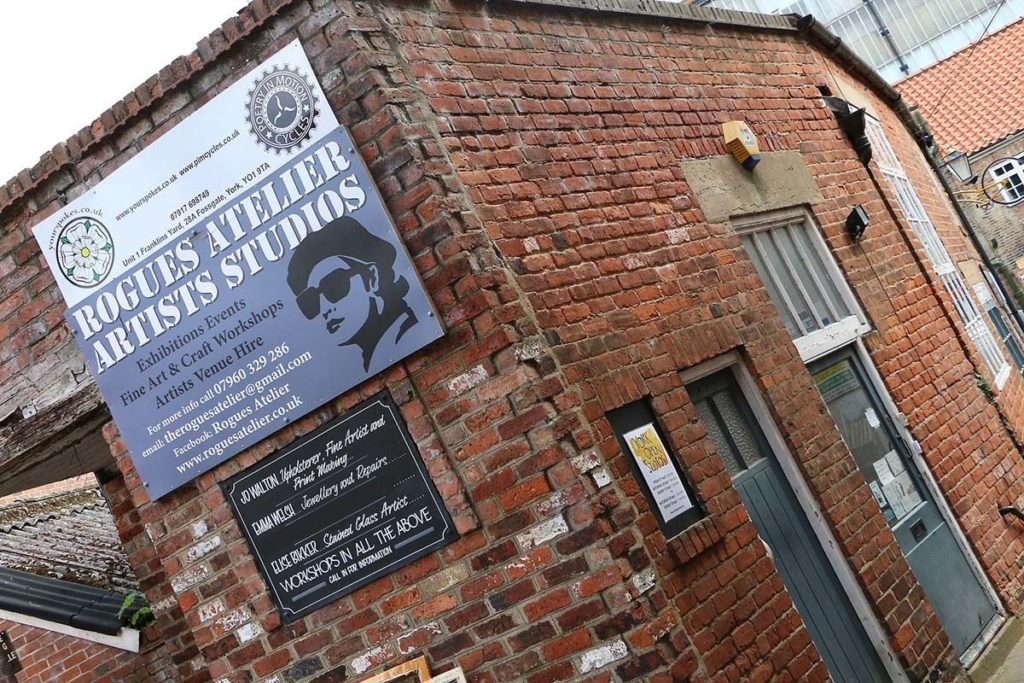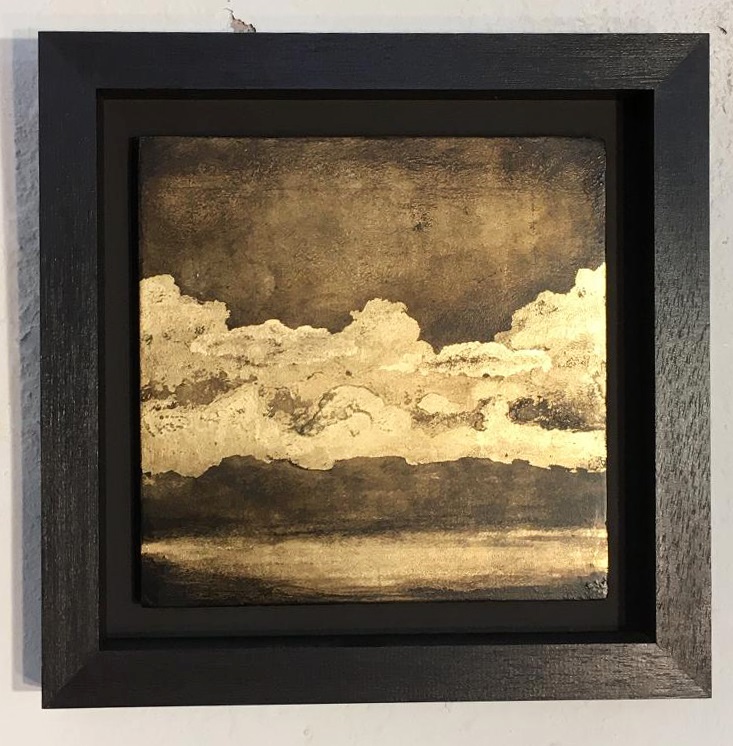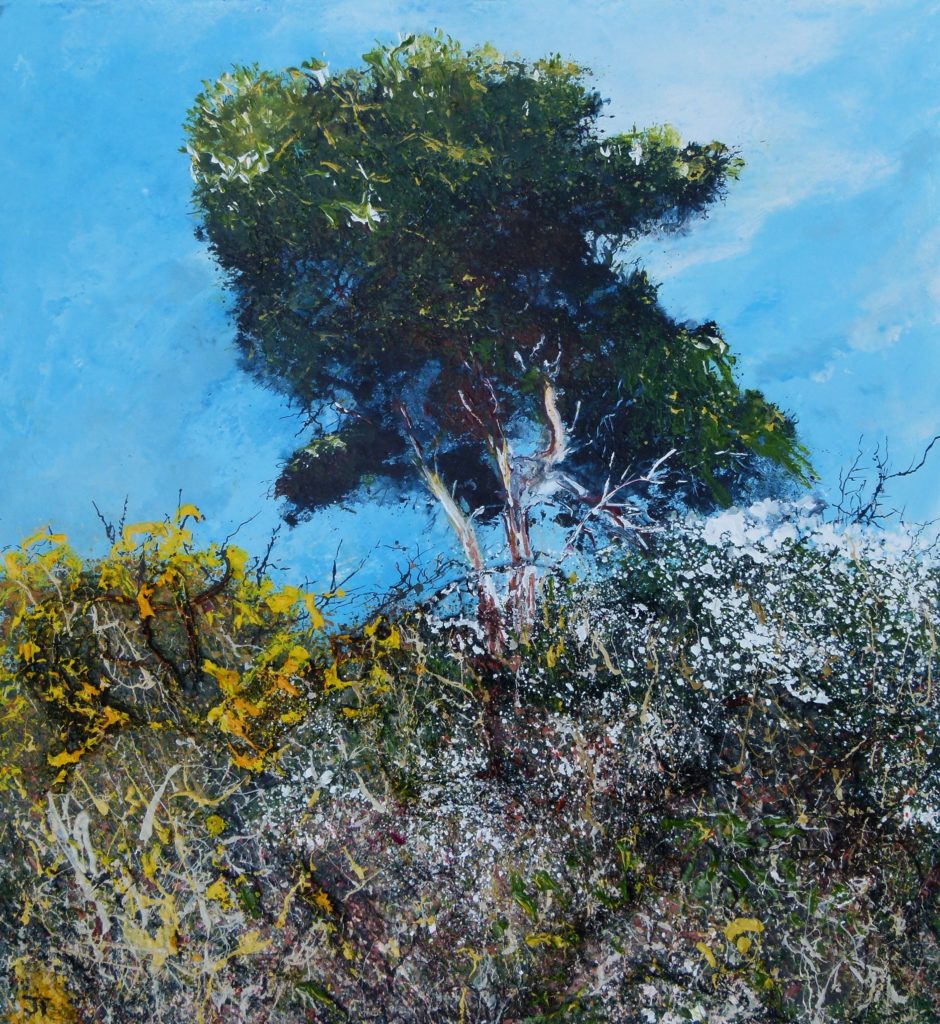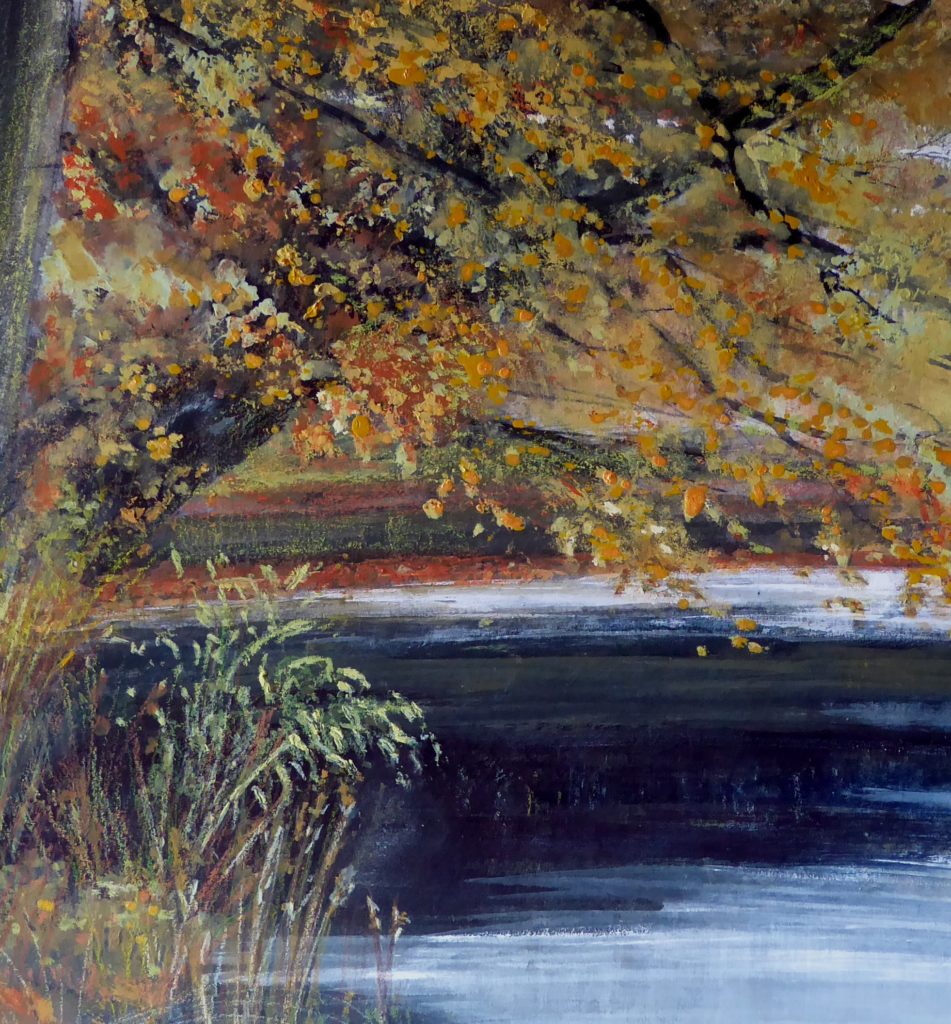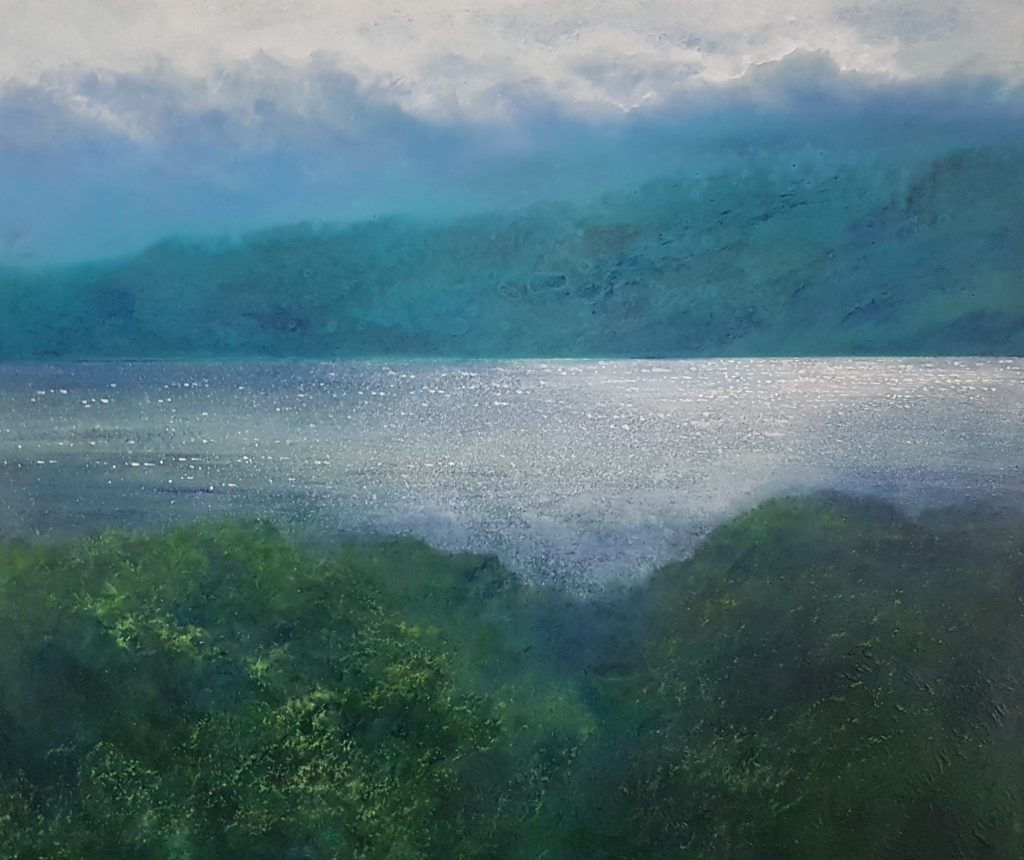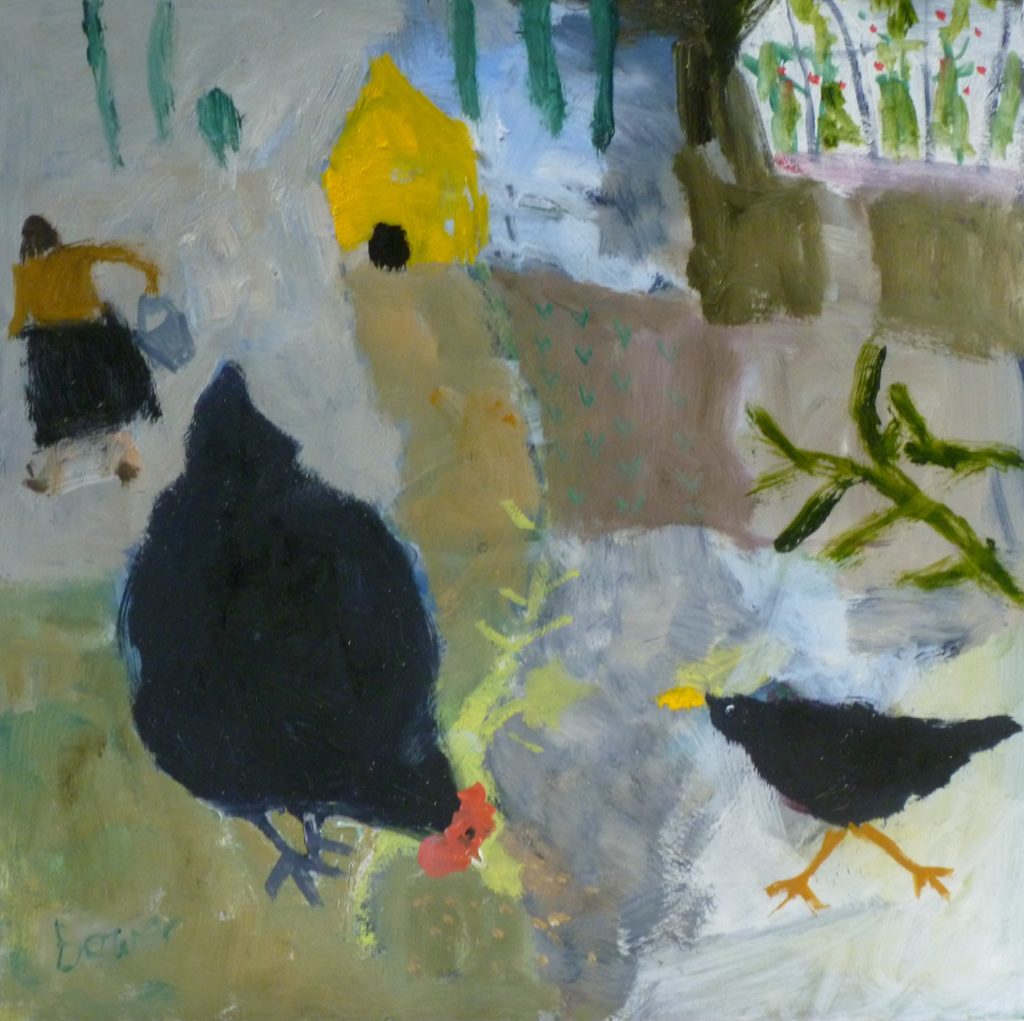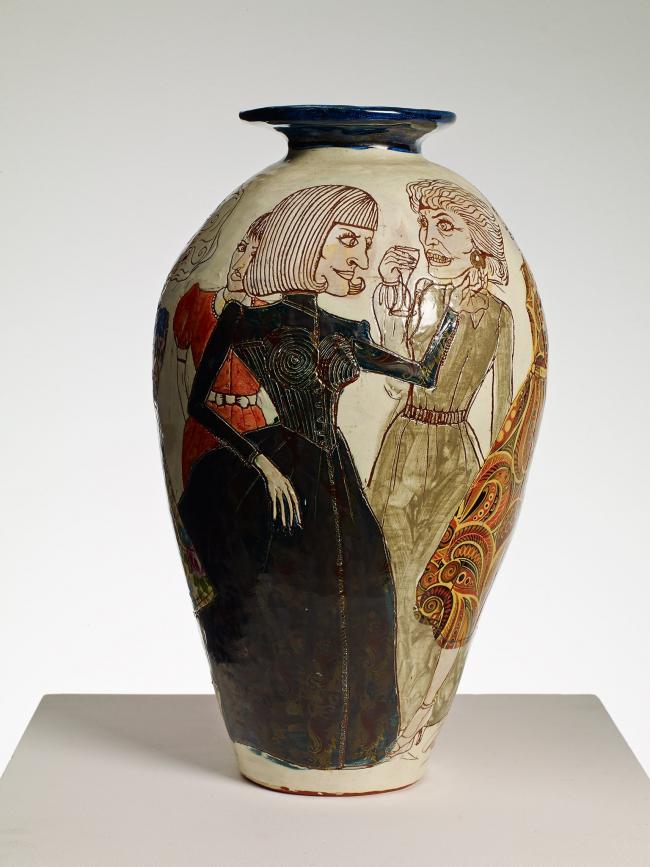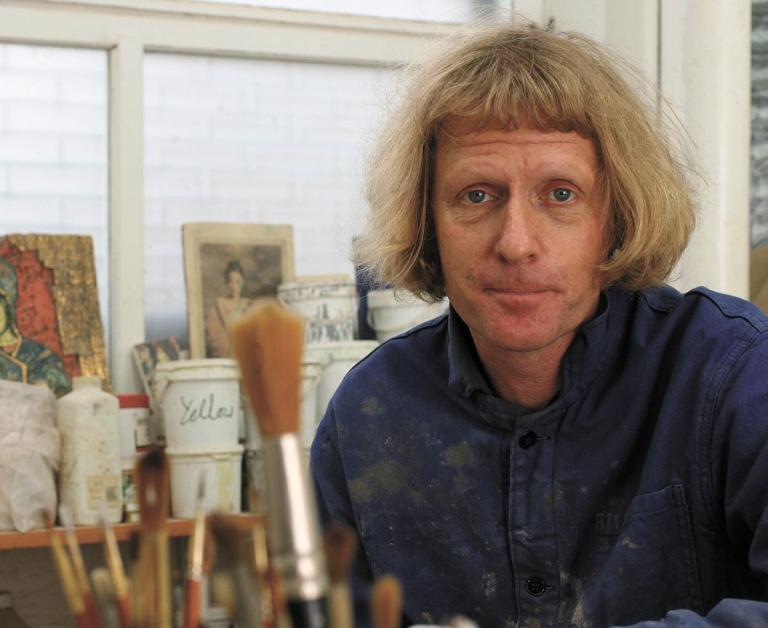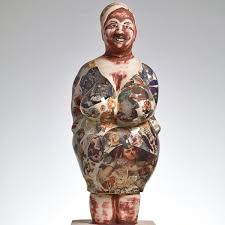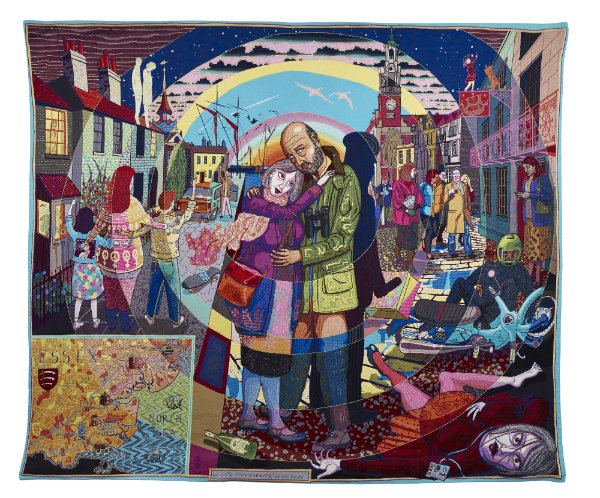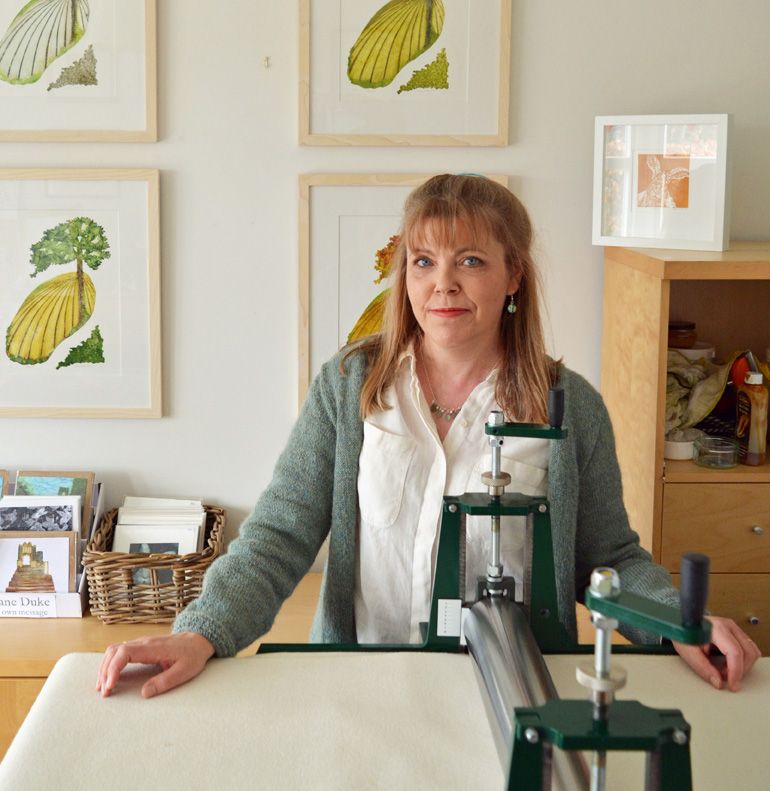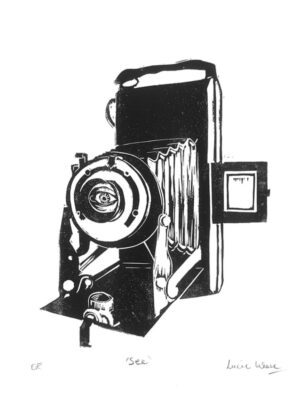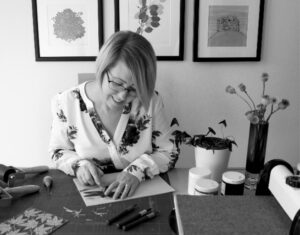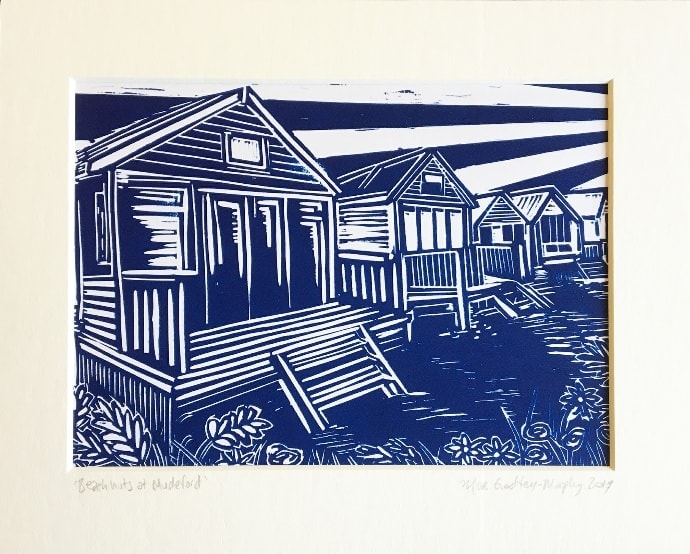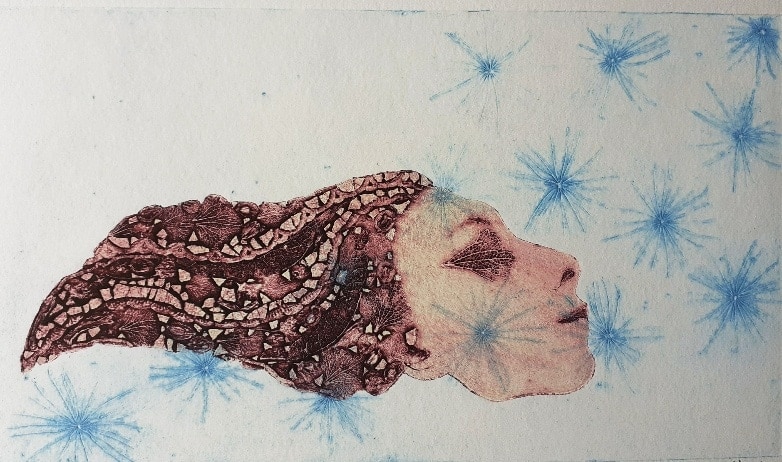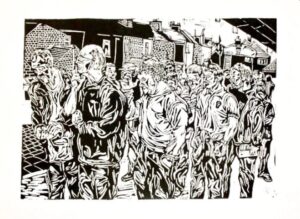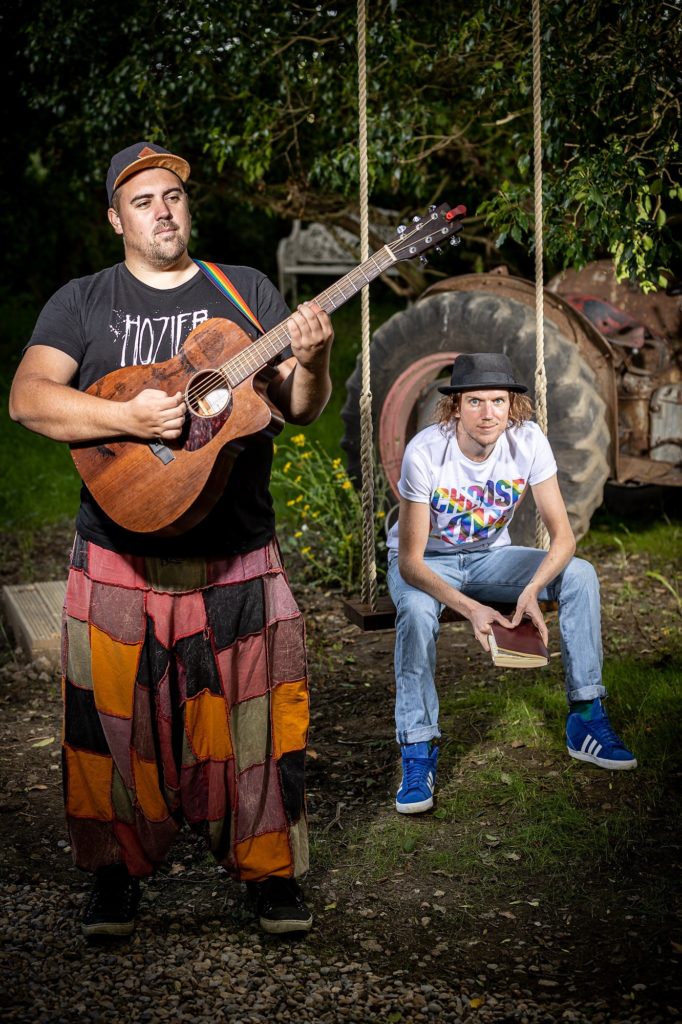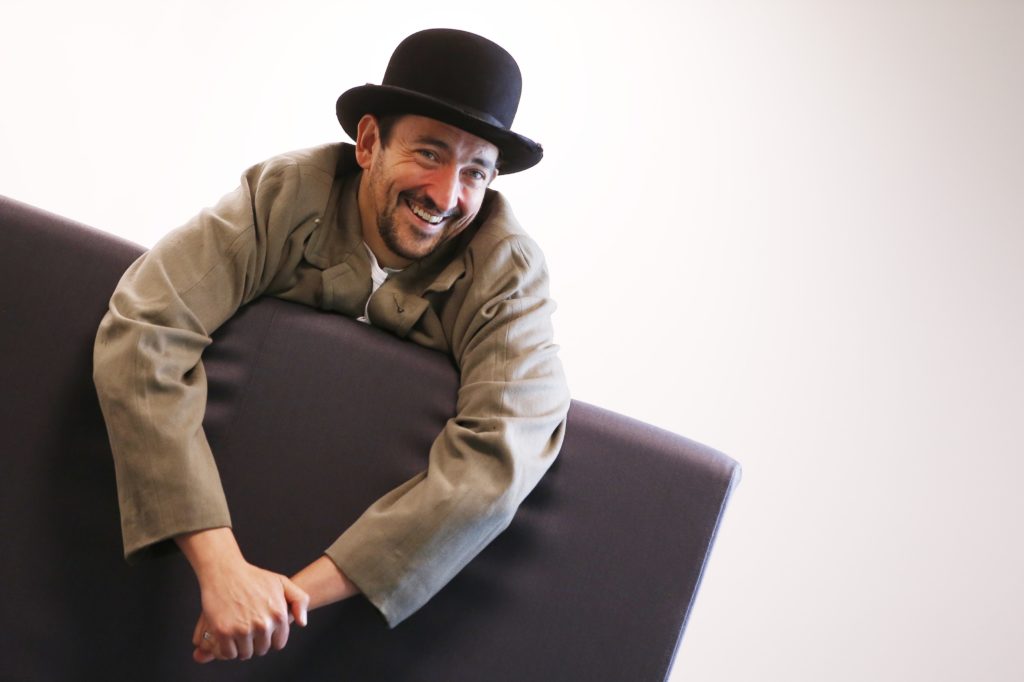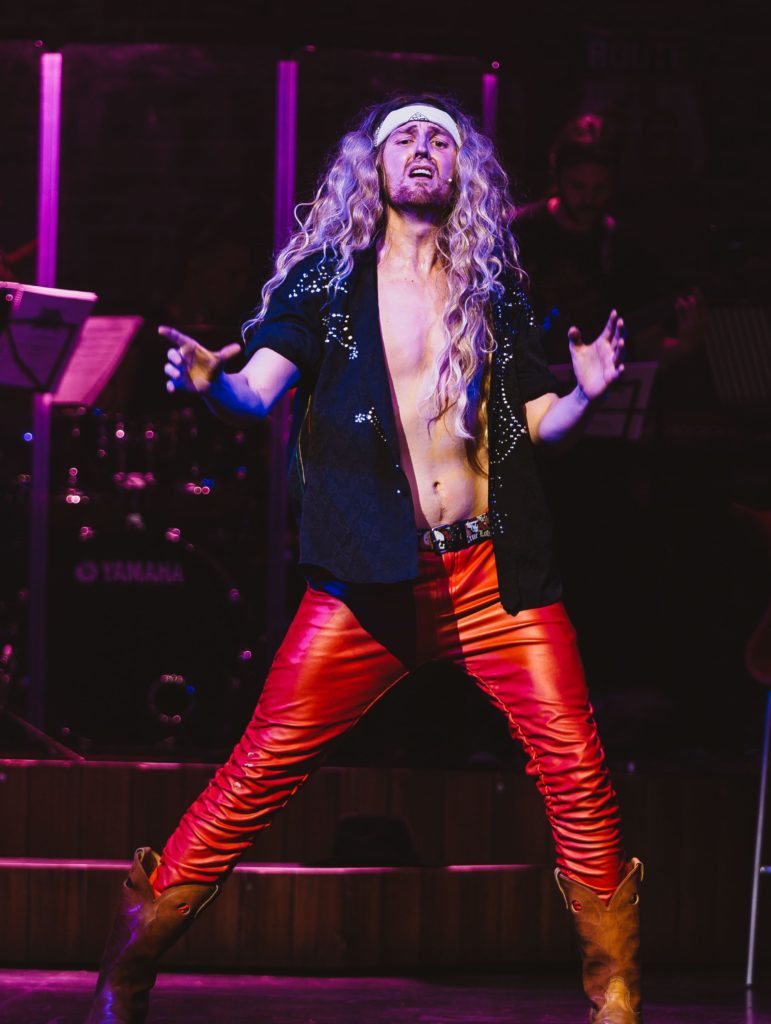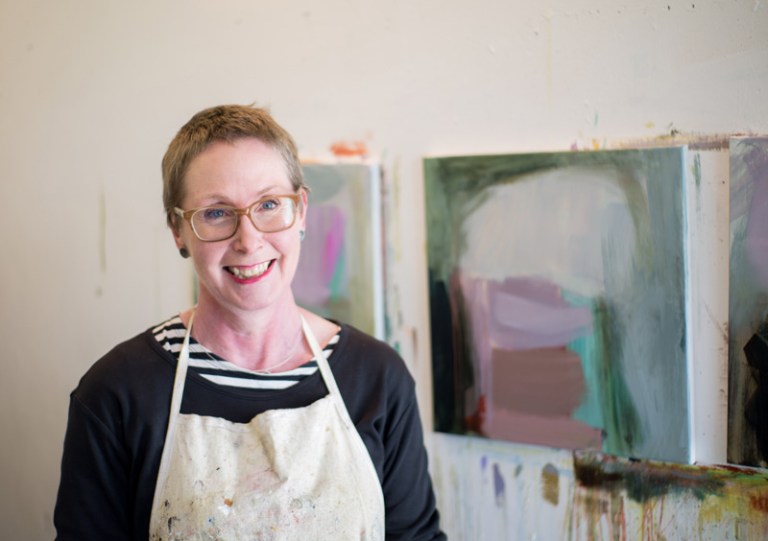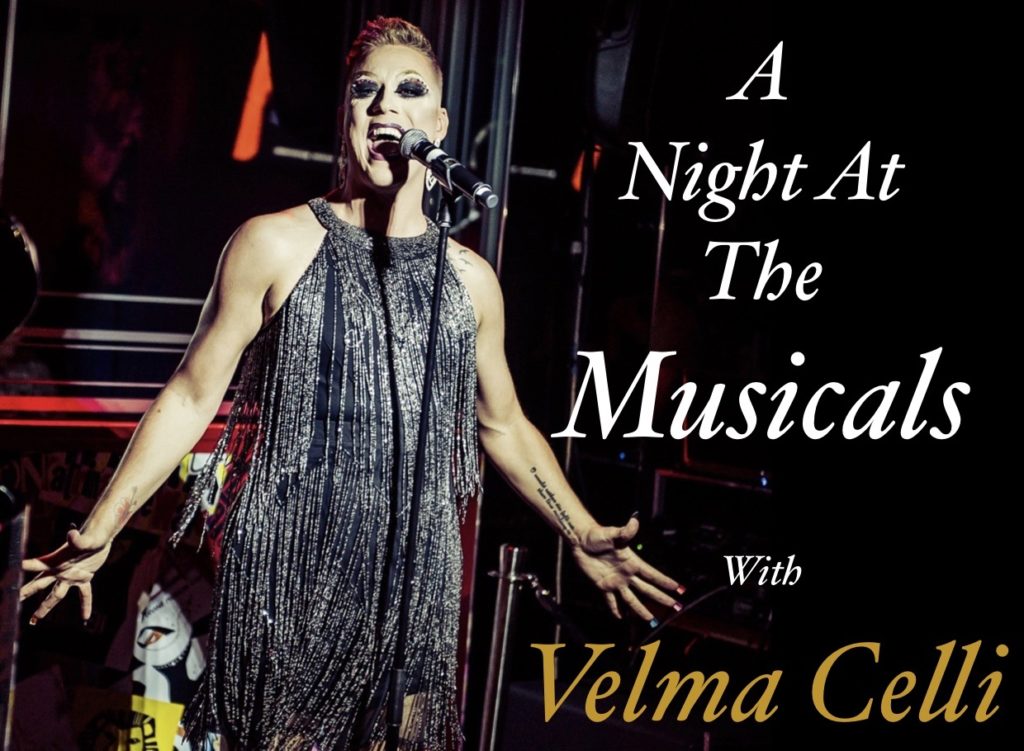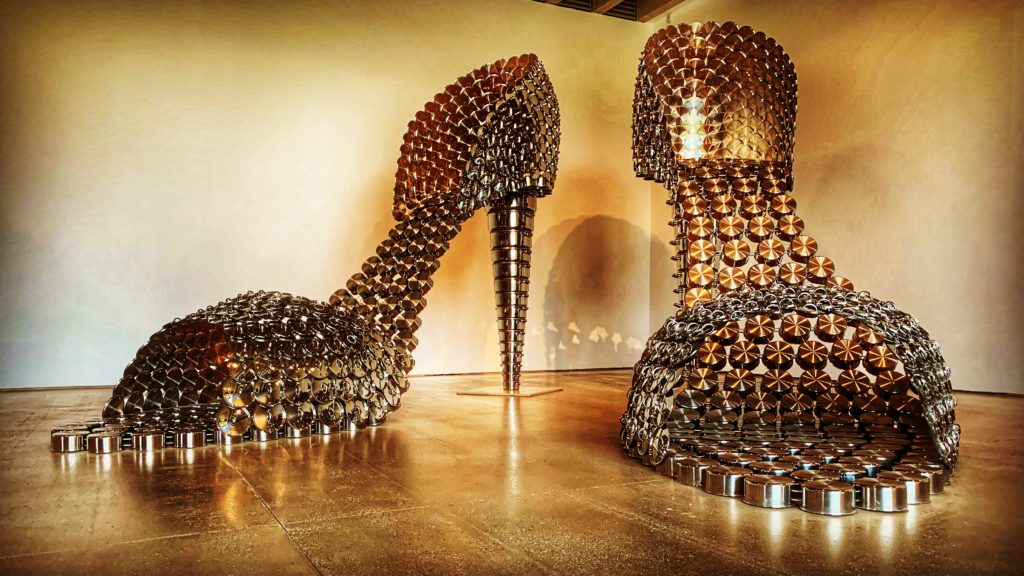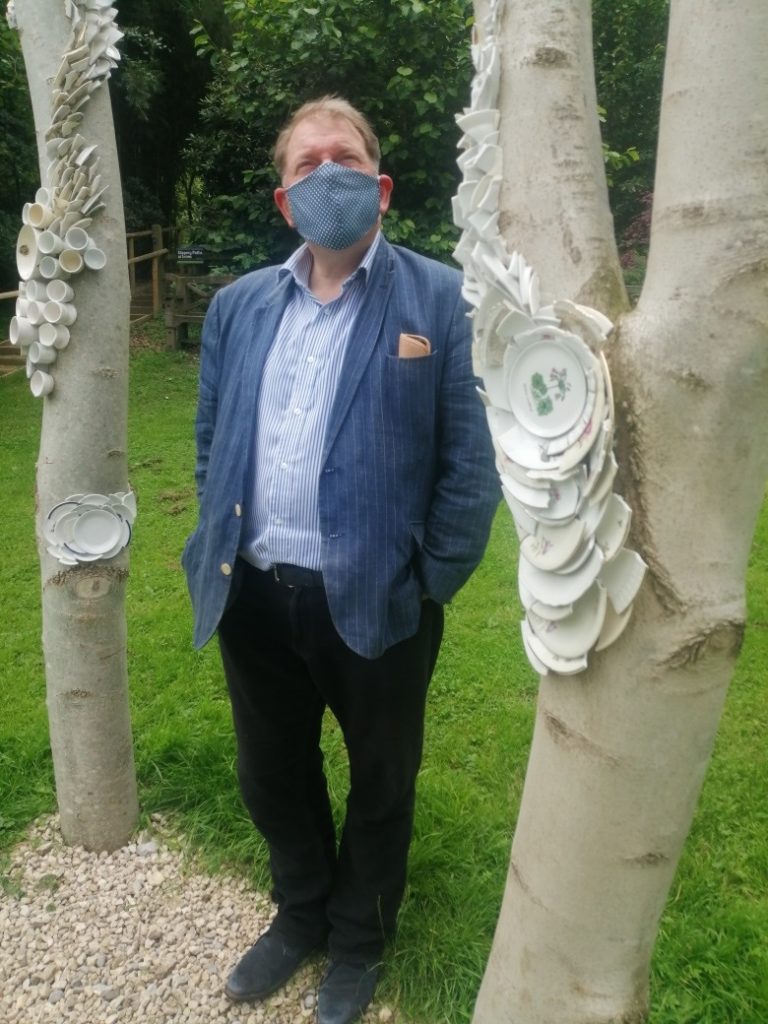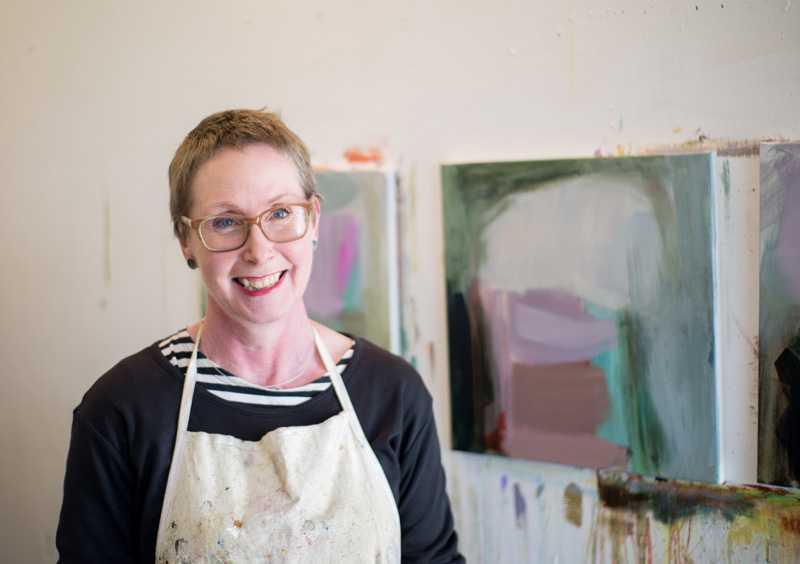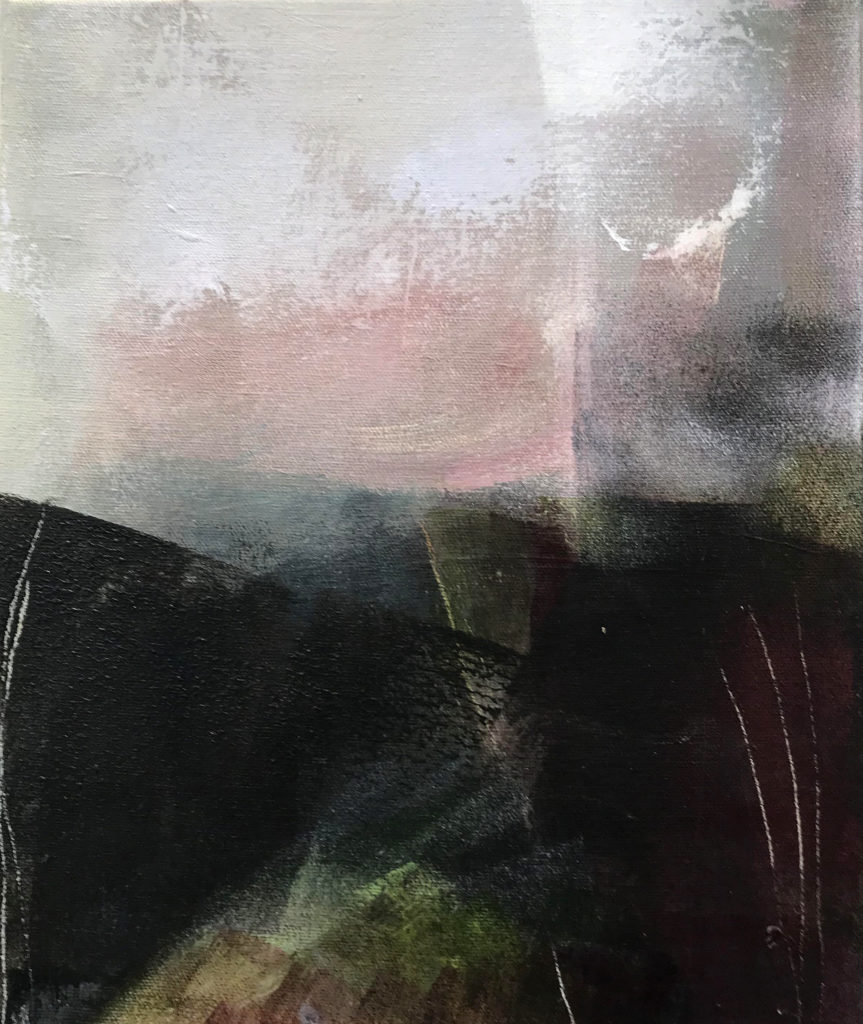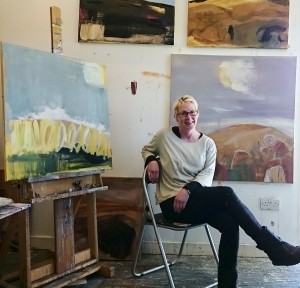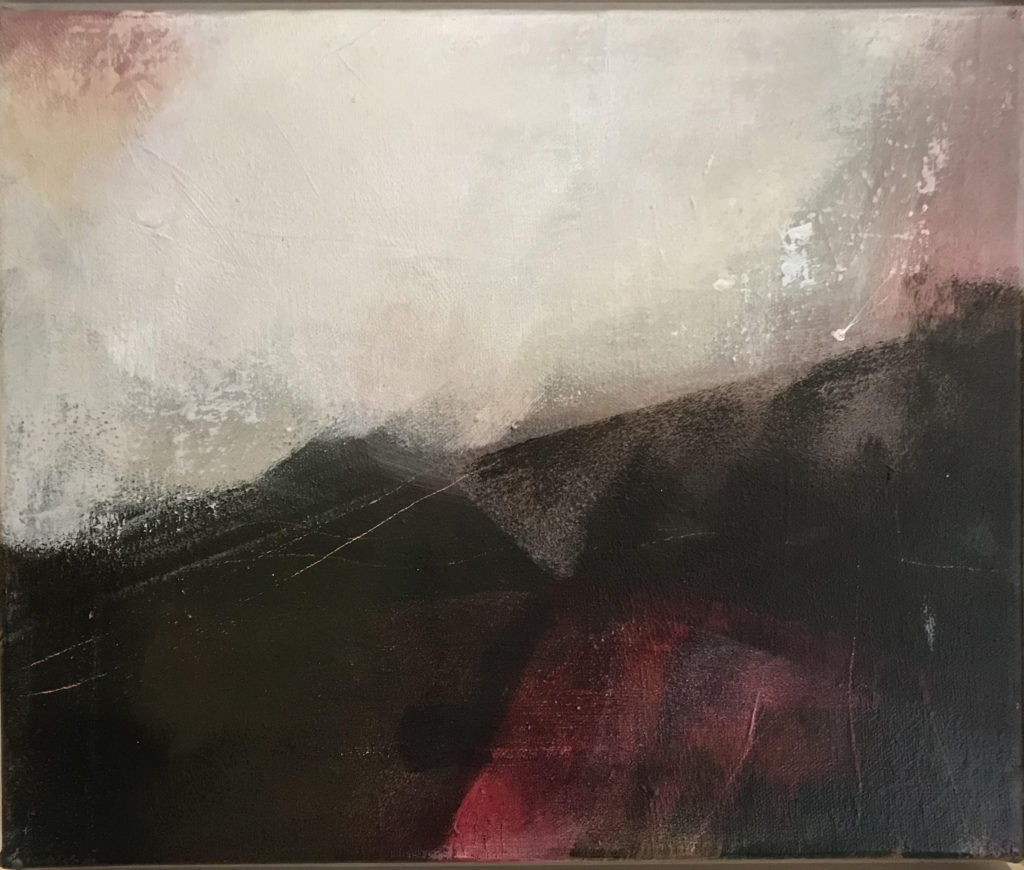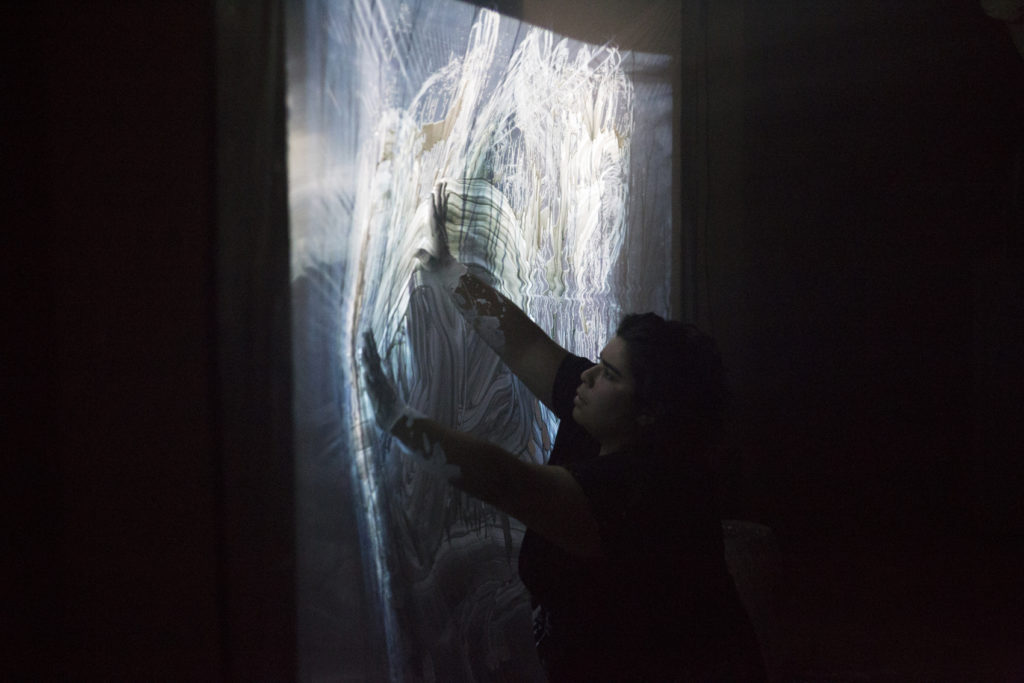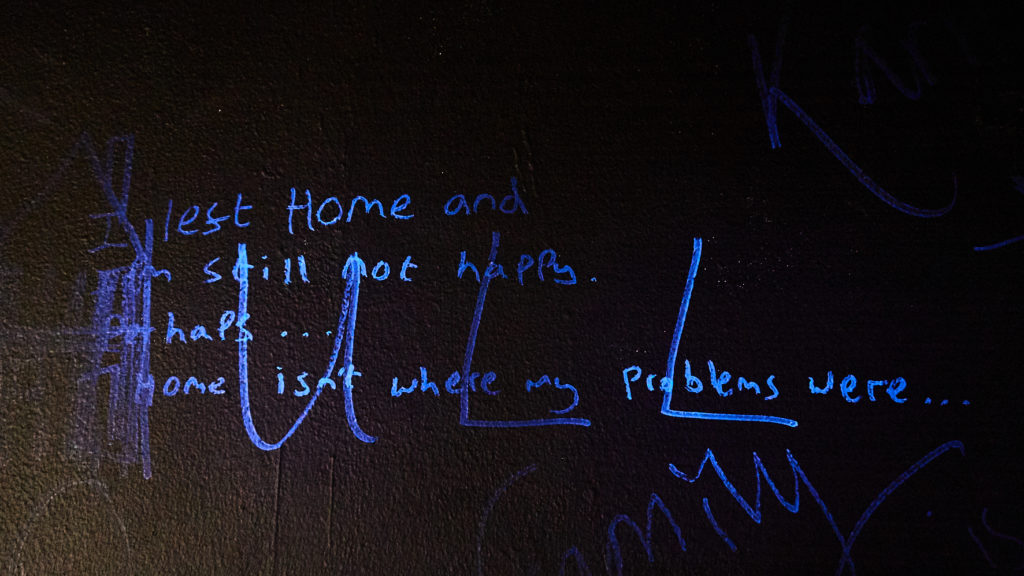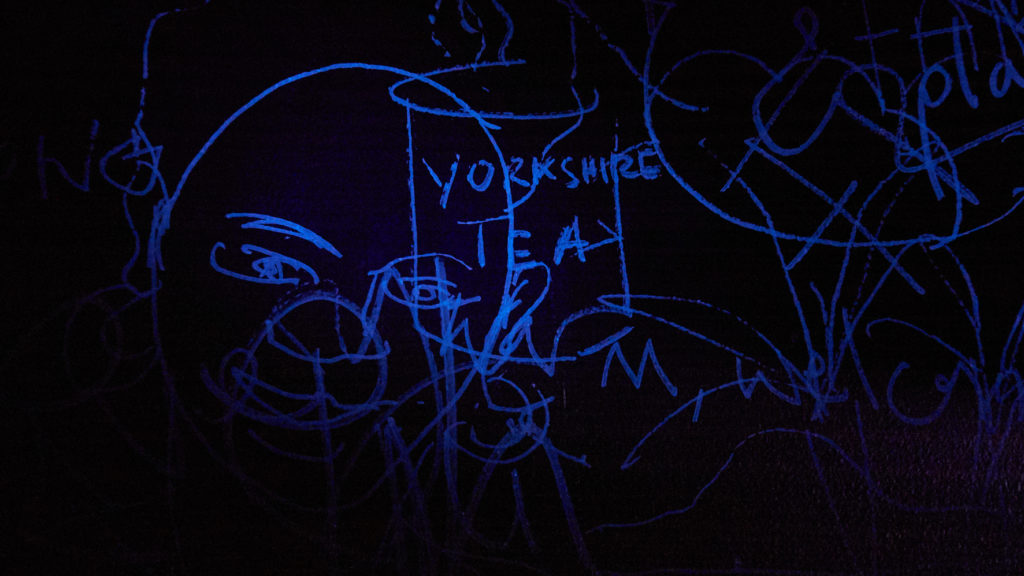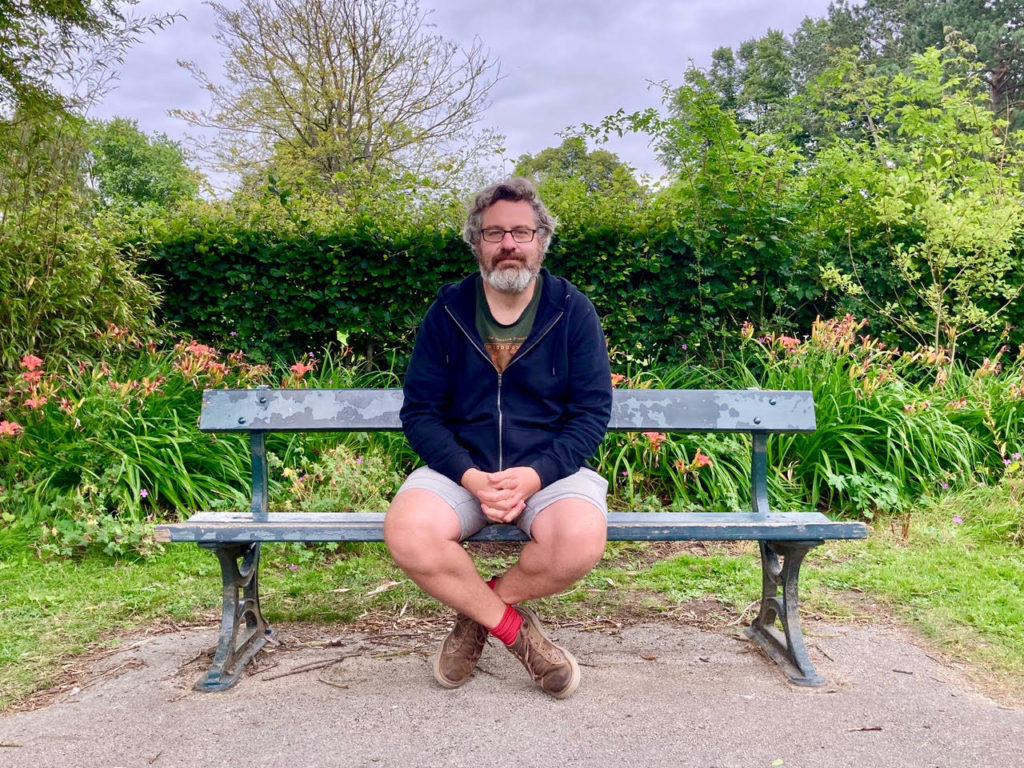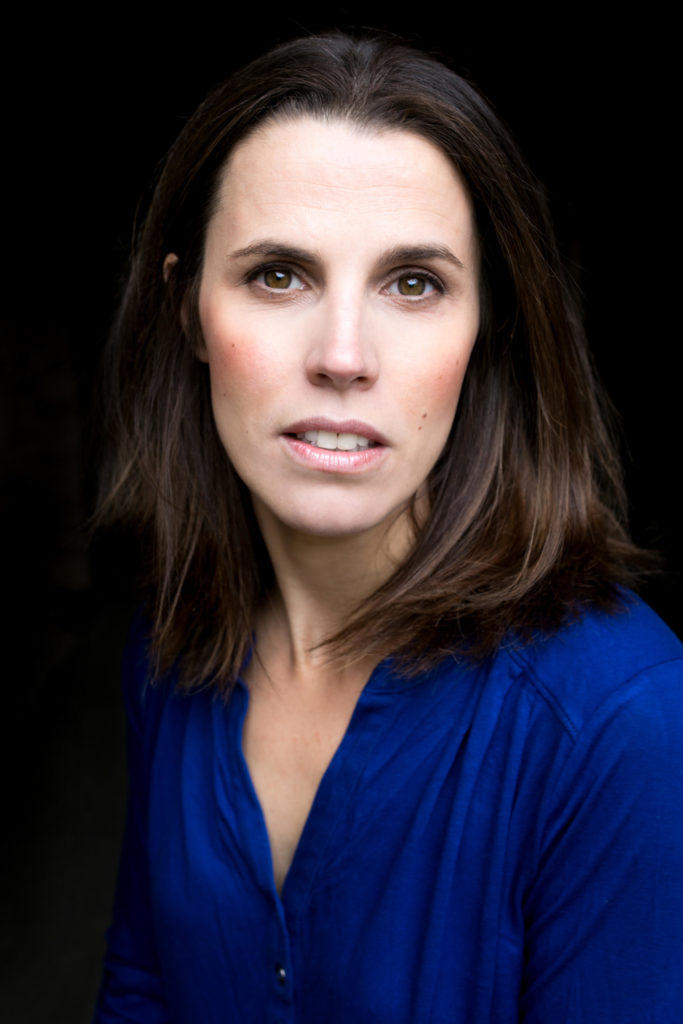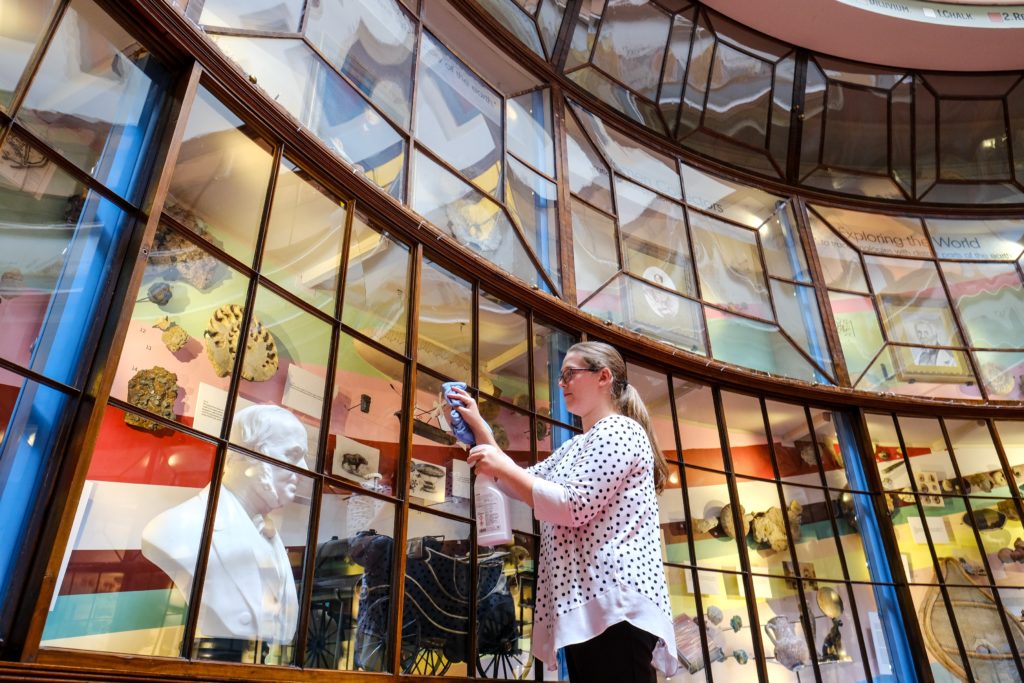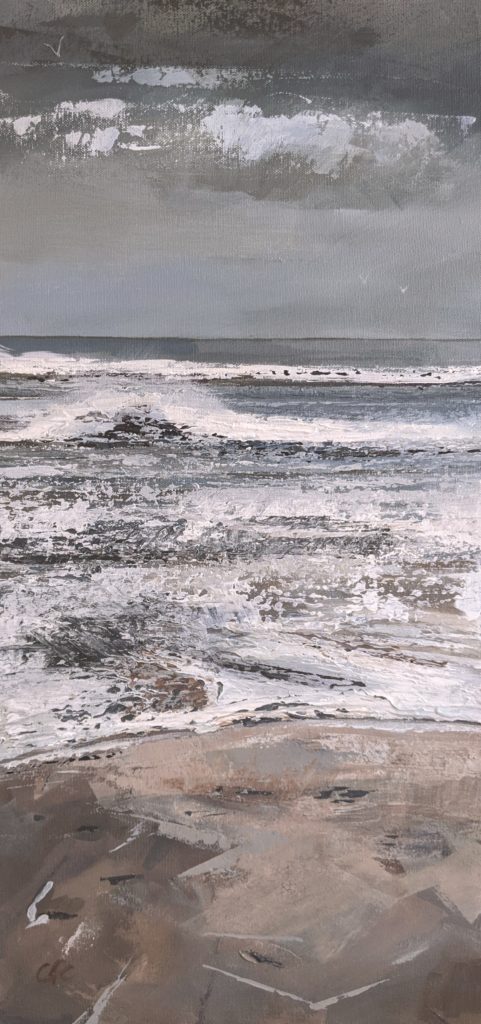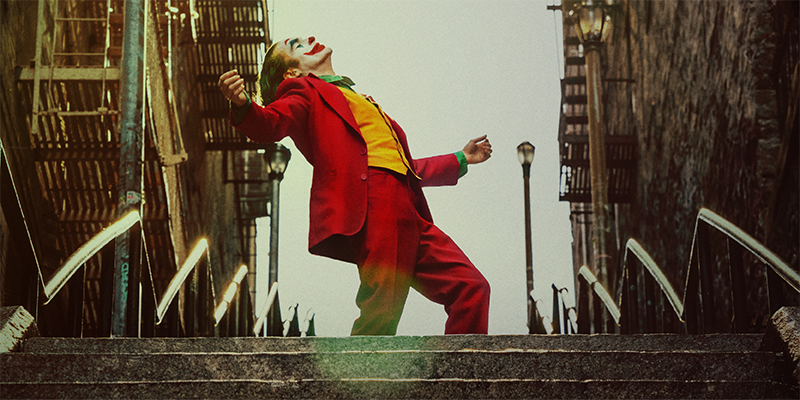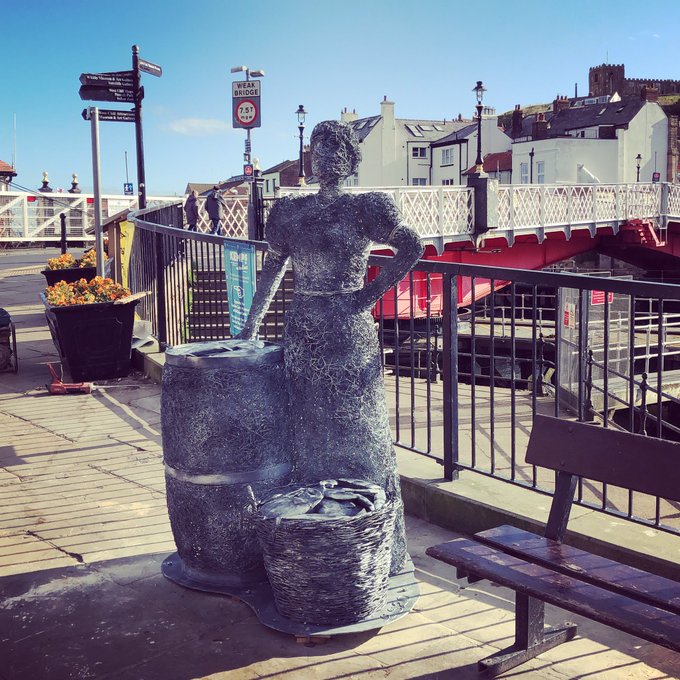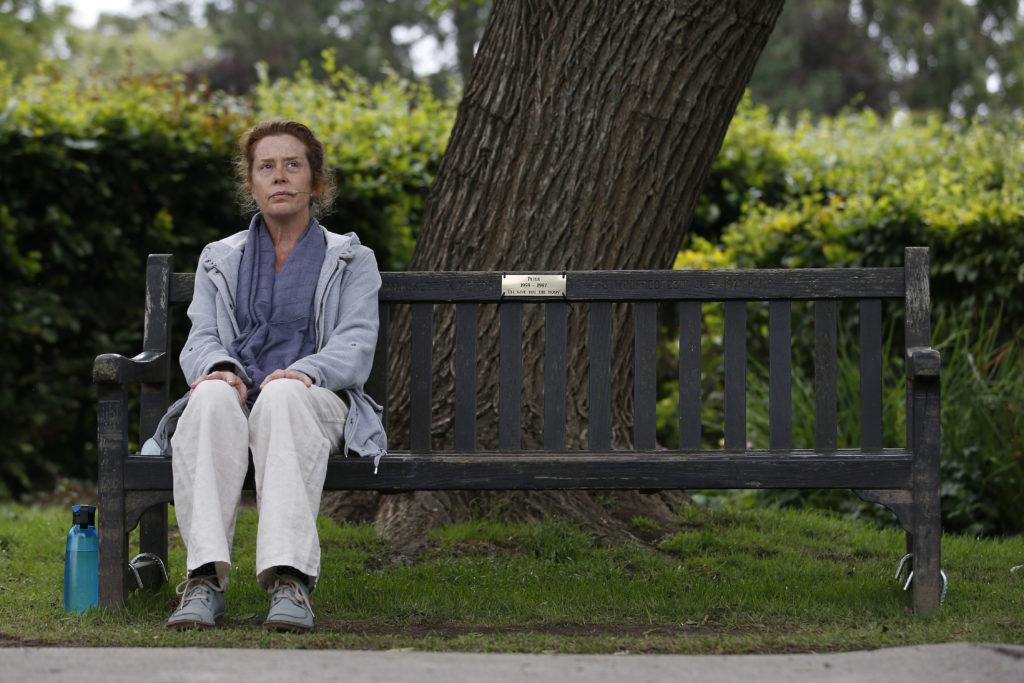
A BANK Holiday on Monday, the return to schools drawing ever closer, masked or unmasked, the summer calendar is speeding by.
Make the most of the outdoors before the crepuscular Covid uncertainty of autumn and beyond arrives for theatres, concert halls and gig venues alike.
Charles Hutchinson pops outside, then quickly head back indoors in the rain with these recommendations.
Comedy for your living room…from theirs: Your Place Comedy presents Paul Sinha and Angela Barnes, Sunday, 8pm

YORKSHIRE virtual comedy project Your Place Comedy returns after a summer break to deliver a second series of live streamed shows over the next three months, re-starting with The Chase star Paul Sinha and BBC Radio 4 News Quiz guest host Angela Barnes this weekend.
Corralled by Selby Town Council arts officer Chris Jones, ten small, independent theatres and arts centres from God’s Own Country and the Humber are coming together again, amid continued unease for the industry, to provide entertainment from national touring acts.
Sunday’s show will be broadcast live to viewers’ homes for free, with full details on how to watch on YouTube and Twitch at yourplacecomedy.co.uk. “As before, viewers will have an option to make a donation to the venues if they have enjoyed the broadcast,” says Chris.
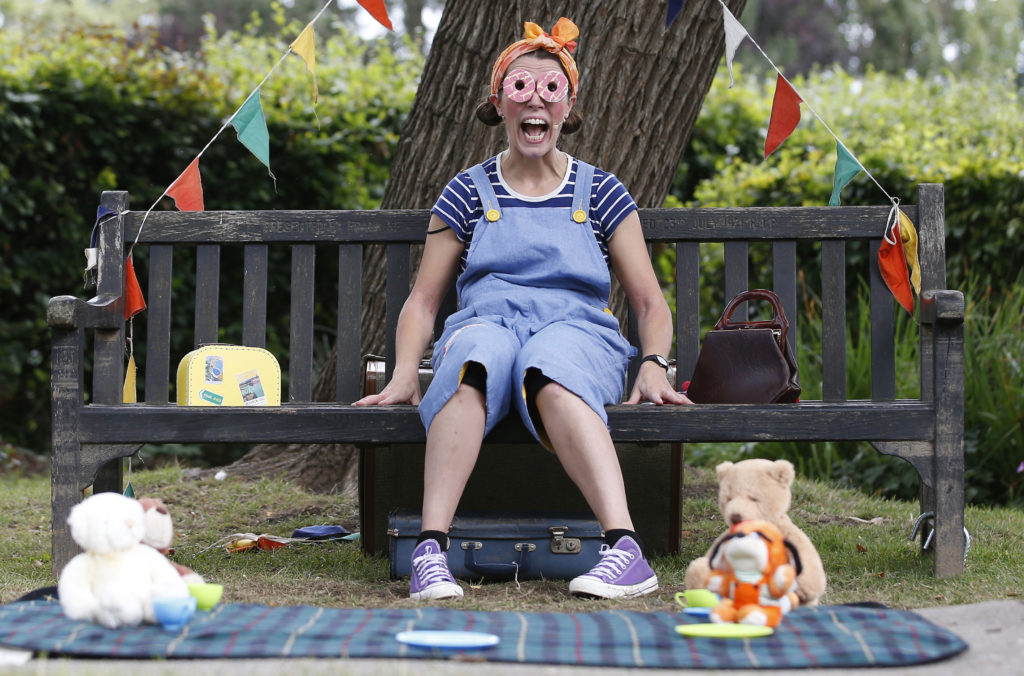
York. Picture: Northedge Photography
Garden theatre part three: Park Bench Theatre in Every Time A Bell Rings, Friends Garden, Rowntree Park, York, until September 5
SAMUEL Beckett’s First Love has left the bench for good. Children’s show Teddy Bears’ Picnic, starring Cassie Vallance, resumes daytime residence from today. From this week, the premiere of Engine House Theatre artistic director Matt Aston’s lockdown monologue Every Time A Bell Rings occupies the same bench on evenings until September 5.
Performed by Slung Low and Northern Broadsides regular Lisa Howard and directed by Tom Bellerby on his return to York from London, Aston’s 50-minute play is set in Lockdown on Easter Sunday 2020, when isolated, grief-stricken Cathy searches for solace on her favourite park bench in her favourite park in this funny and poignant look at how the world is changing through these extraordinary times.
Tickets for performances in the Covid-secure Friends Garden must be bought in advance at parkbenchtheatre.com or yorktheatreroyal.co.uk. Bring picnics, blankets and headphones to tune in to shows delivered on receivers.
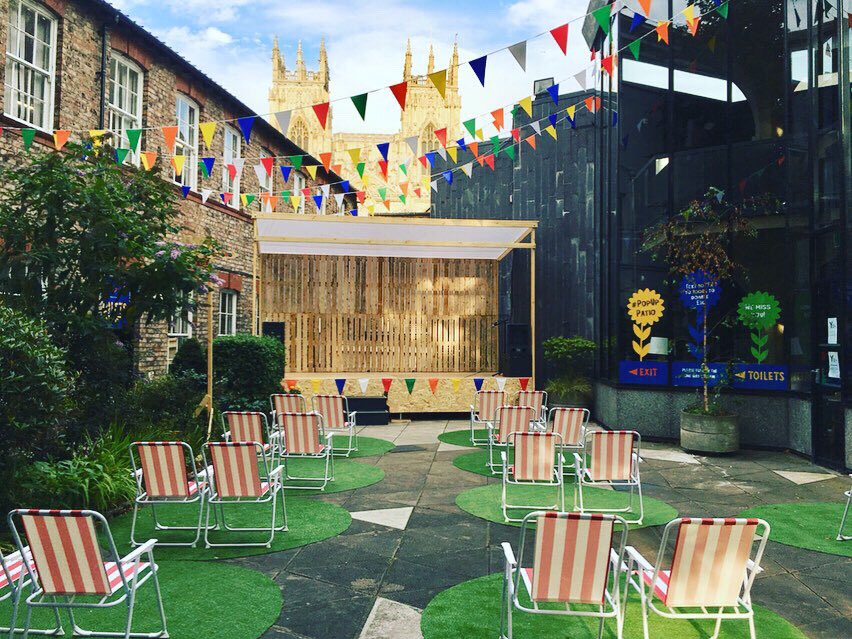
Deckchairs will be provided: Pop-Up On The Patio, week three at York Theatre Royal, August 28 and 29
YORK Theatre Royal’s Covid-secure summer festival of outdoor performances on Hannah Sibai’s terrace stage climaxes with five more shows, three tomorrow, two on Saturday.
First up, tomorrow at 4pm, is York company Cosmic Collective Theatre’s cult show Heaven’s Gate, an intergalactic pitch-black comedy starring satirical writer Joe Feeney, Anna Soden, Lewes Roberts and Kate Cresswell as they imagine the final hour of four fictionalised members of a real-life UFO-theistic group.
York performance poet Henry Raby puts the word into sword to slice up the past decade in Apps & Austerity at 6.30pm; Say Owt, the York outlet for slam poets, word-weavers and “gobheads”, follows at 8pm. On Saturday, York magician, juggler and children’s entertainer Josh Benson is unstoppable in Just Josh at 1pm before York pop, soul and blues singer Jess Gardham closes up the patio at 4pm.
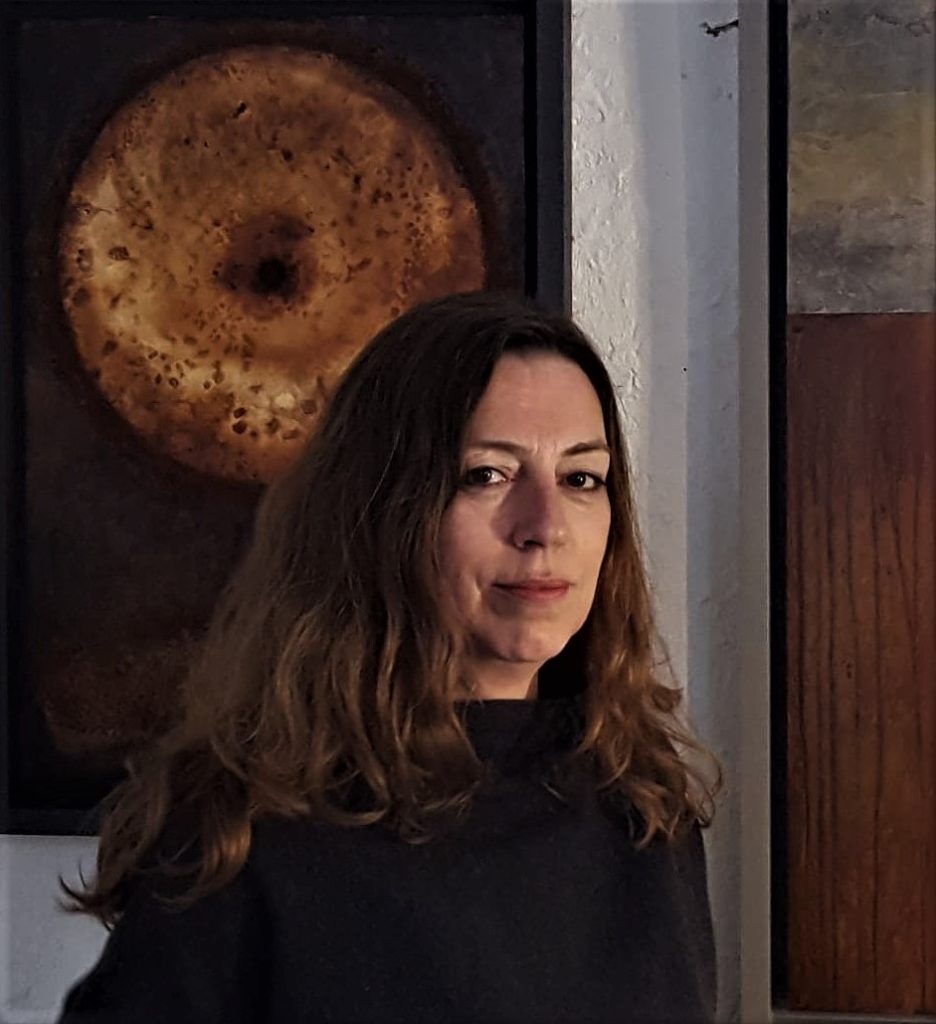
York exhibition of the week and beyond: Jo Walton, Paintings and Rust Prints, Pyramid Gallery, Stonegate, York, until September 30
YORK artist Jo Walton uses rust and rusted metal sheet in innovative ways to create her artworks. Iron filings are applied as ‘paint’ and as they rust, reactions occur, resulting in every painting being unique and unrepeatable.
“Jo’s work is abstract, inspired by horizons,” says Pyramid Gallery owner Terry Brett. “Her work features enhanced rust-prints on plaster surfaces, combinations of rusted sheet metal with oil painting and painting seascapes on gold-metal leaf.”

First blockbuster of the summer…at last: Christopher Nolan’s Tenet, at York cinemas
THE wait is over. This summer has been more blankbuster than blockbuster, thanks to the stultifying impact of the Covid lockdown and the big film companies’ reluctance to take a chance on a major release in the slow-burn, socially distanced reopening of cinemas.
Step forward Christopher Nolan, director of Memento, Inception, three Dark Knight/Batman movies and Dunkirk to grasp the nettle by releasing the 151-minute psychological thriller/action movie Tenet.
John David Washington (yes, Denzel’s son), Robert Pattinson, Elizabeth Debicki, Dimple Kapadia, Michael Caine and Kenneth Branagh ride a rollercoaster plot that follows a secret agent who must manipulate time in order to prevent the Third World War. Apparently, Tenet is a “film to feel, not necessarily understand”, like a Scarborough fairground ride, then.

Double bills galore outside a church: Songs Under Skies, National Centre for Early Music, St Margaret’s Church, Walmgate, York, between September 2 and 17
SONGS Under Skies will bring together the National Centre for Early Music, The Crescent, The Fulford Arms and the Music Venues Alliance for an open-air series of acoustic concerts next month in York.
Dates for the diary are: September 2, Amy May Ellis and Luke Saxton; September 3, Dan Webster and Bella Gaffney; September 9, Kitty VR and Boss Caine; September 10, Wolf Solent and Rosalind; September 16, Polly Bolton and Henry Parker; September 17, Elkyn and Fawn.
Gates will open at the NCEM’s Walmgate home, St Margaret’s Church, at 6.30pm for each 7pm start; acts will perform either side of a 30-minute interval with a finishing time of 8.30pm.

And what about…
Discovering The Waterboys’ new album, Good Luck, Seeker, Mike Scott’s latest soulful blast, met with universal thumbs-up reviews. Or bunking down with 1981 Ashes-winning captain turned psychoanalyst Mike Brearley’s new book for the end of summer, Spirit Of Cricket.

